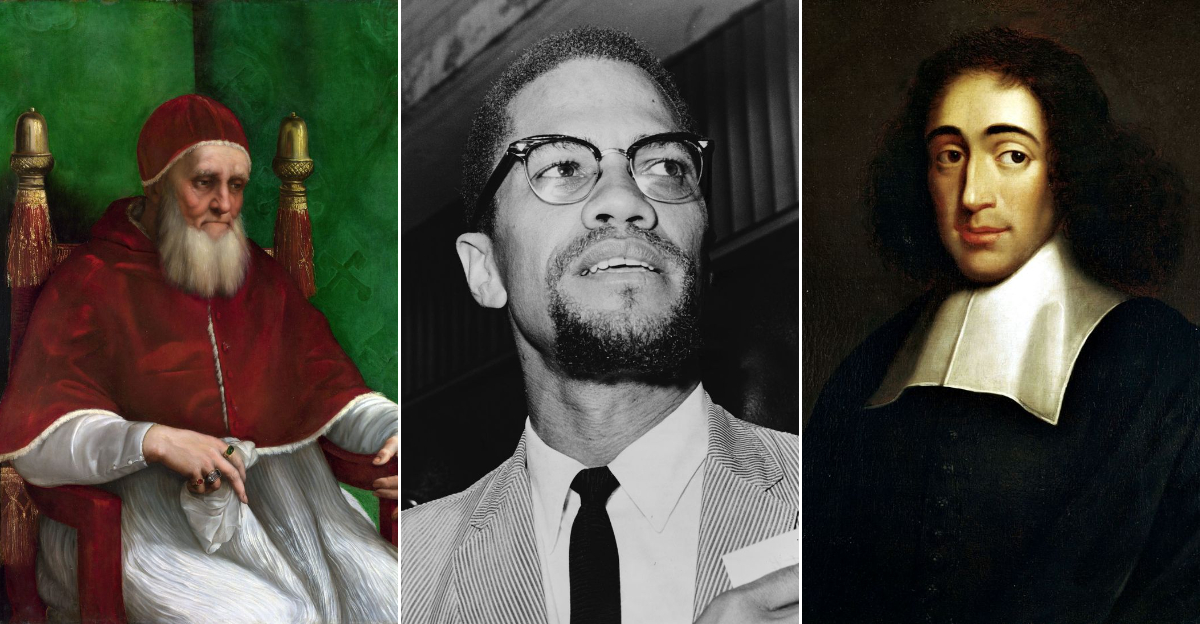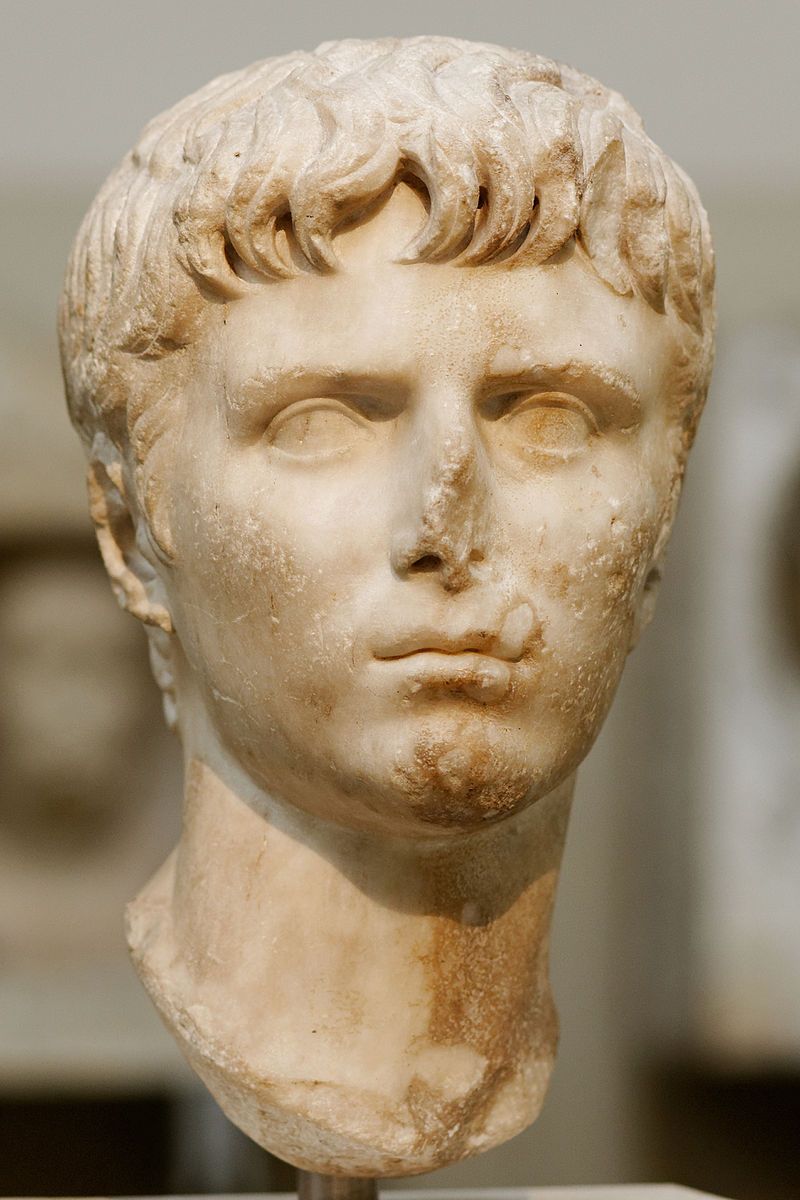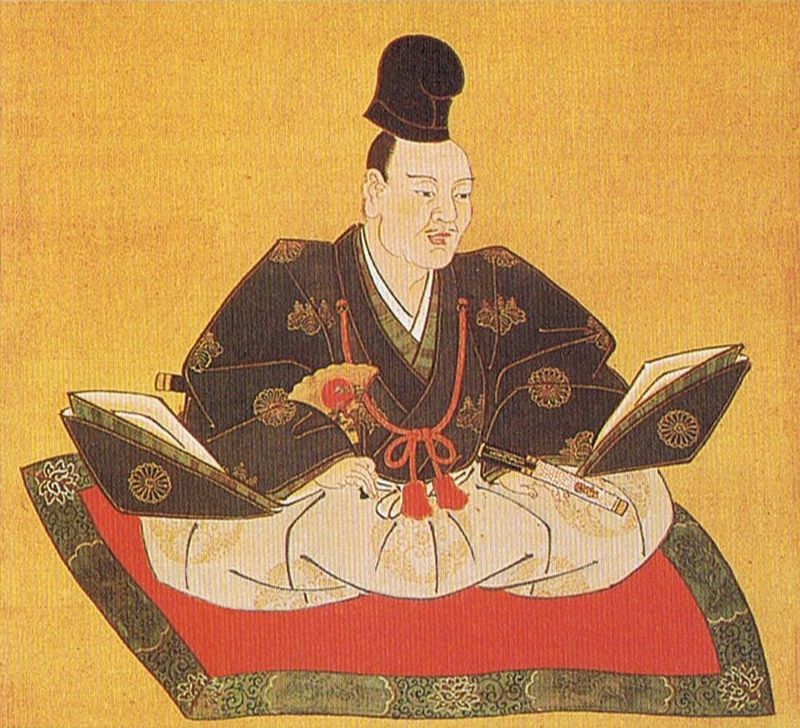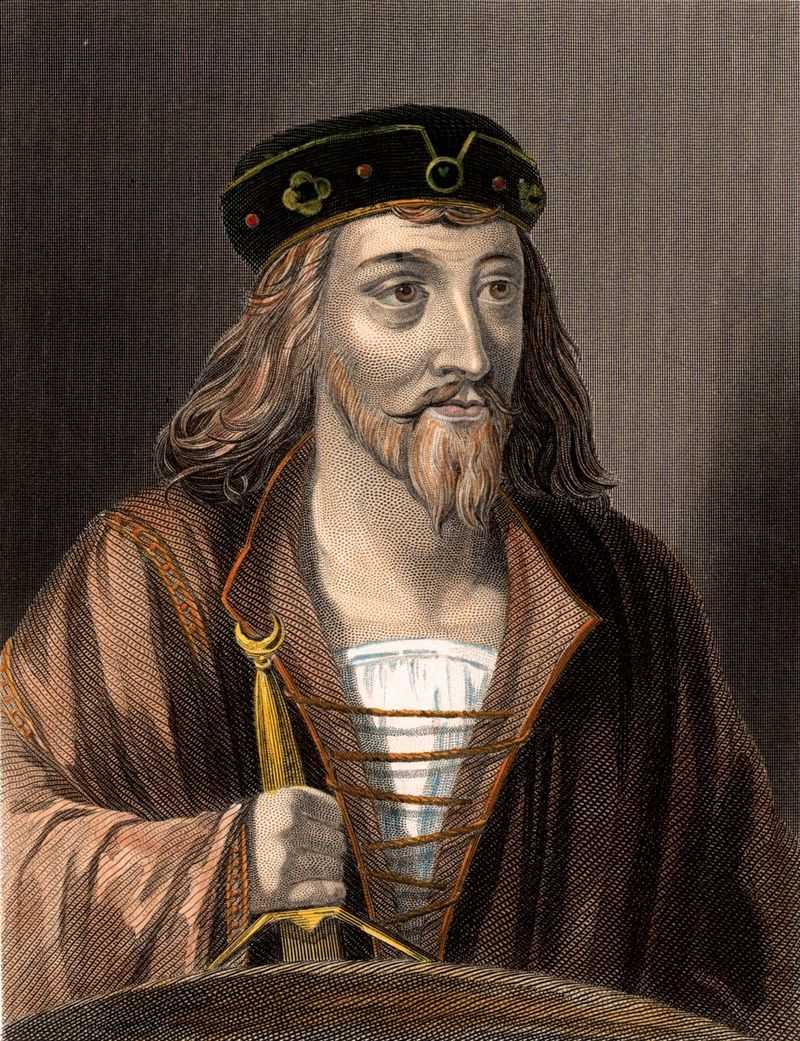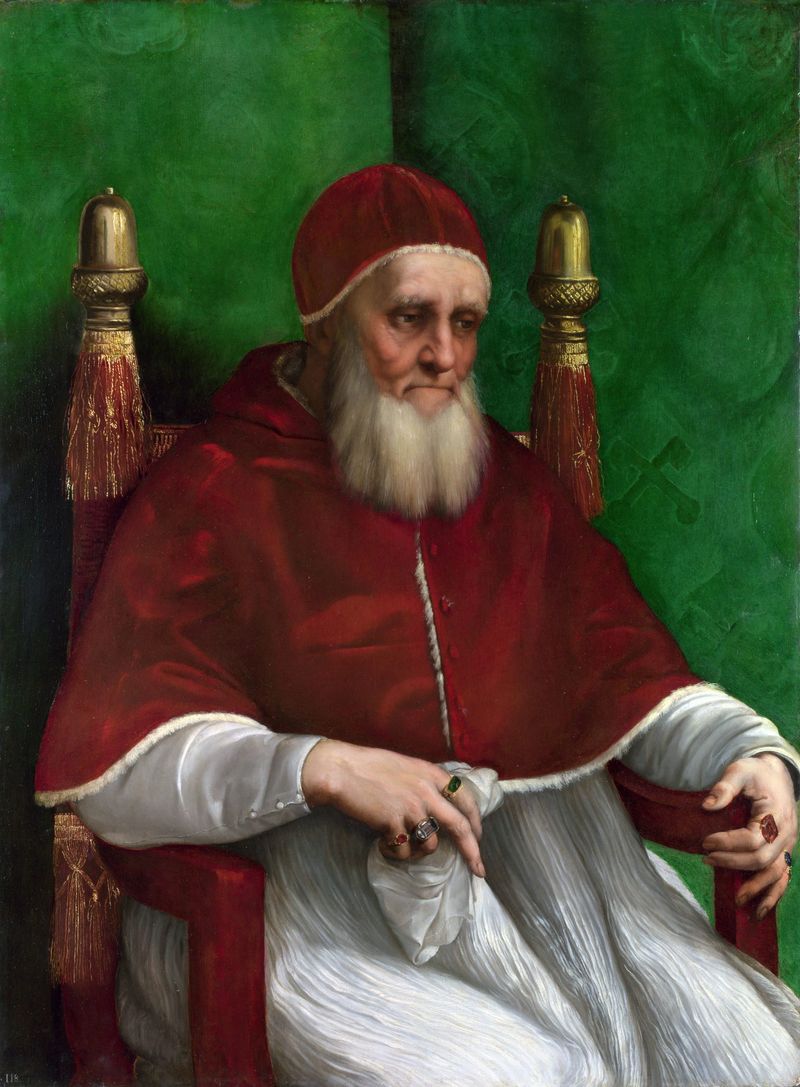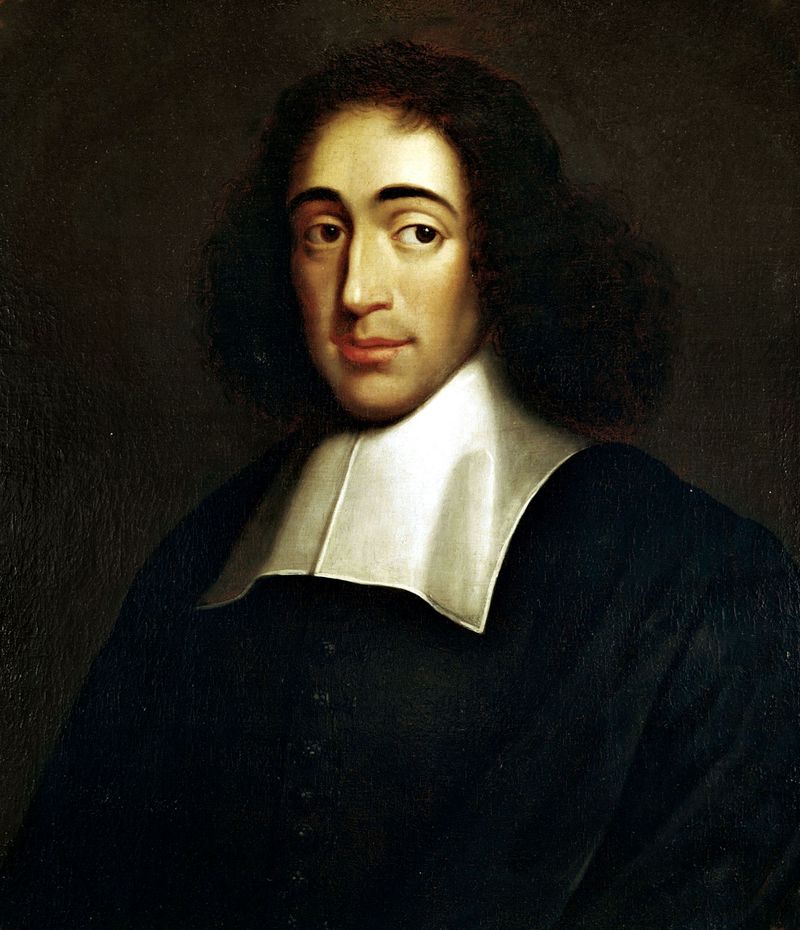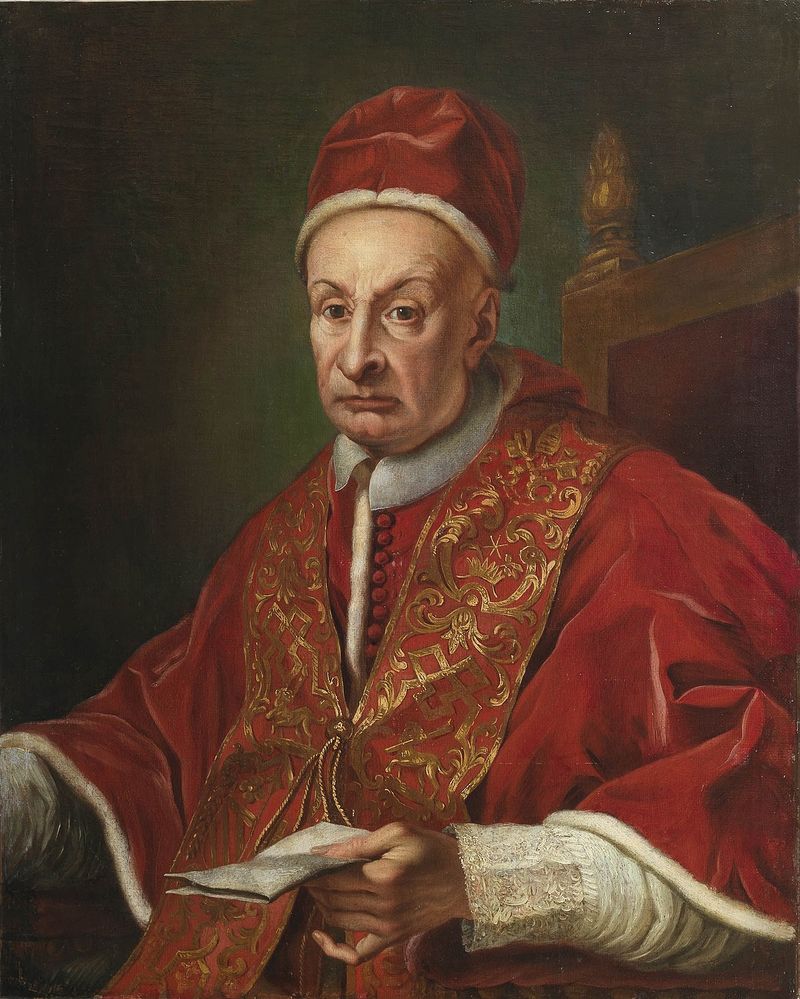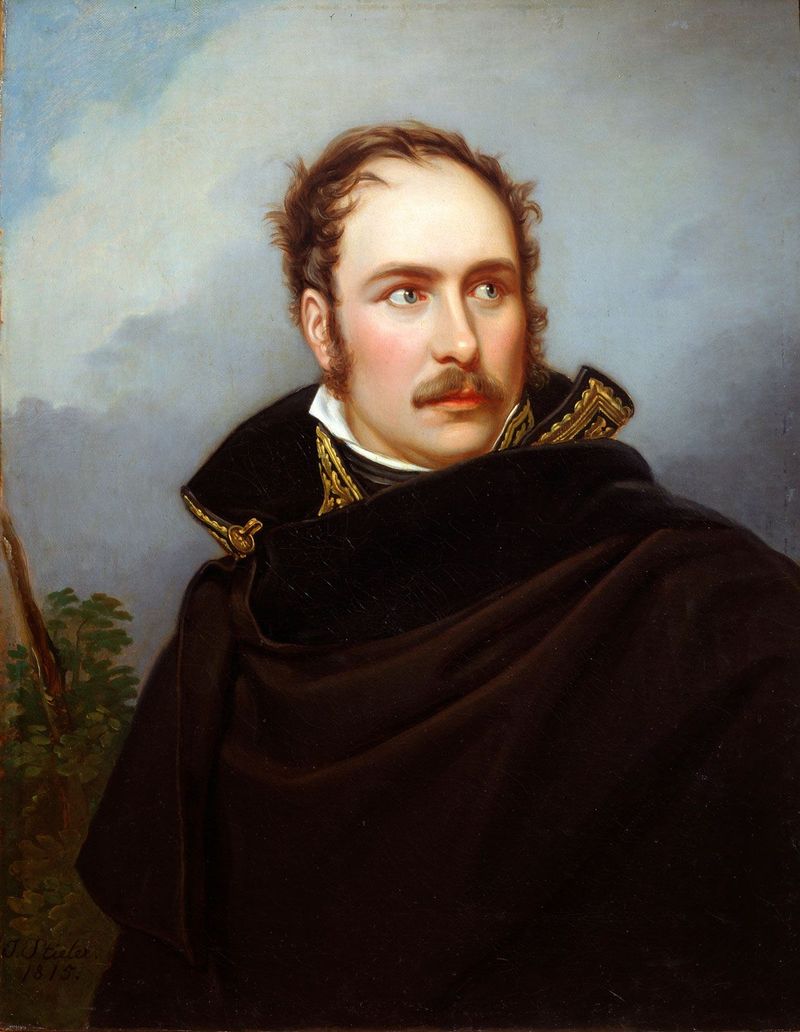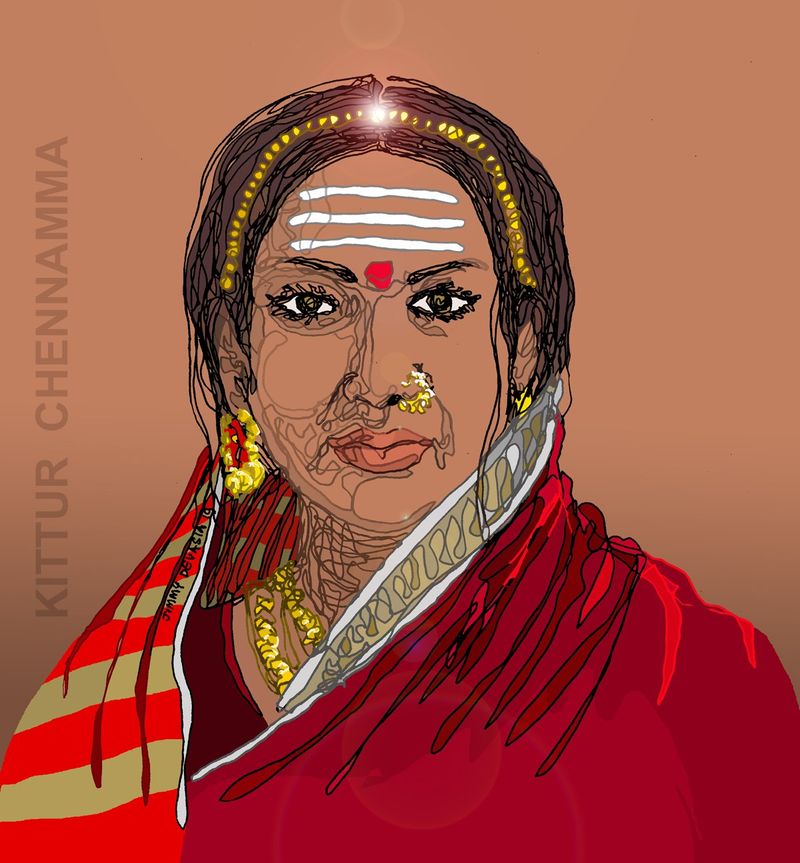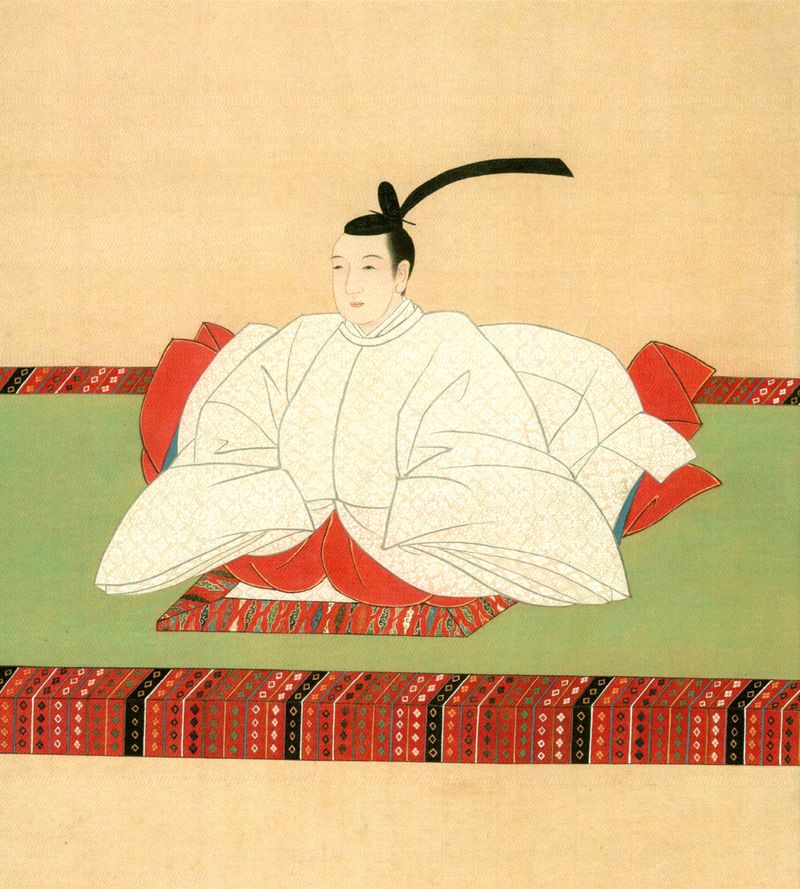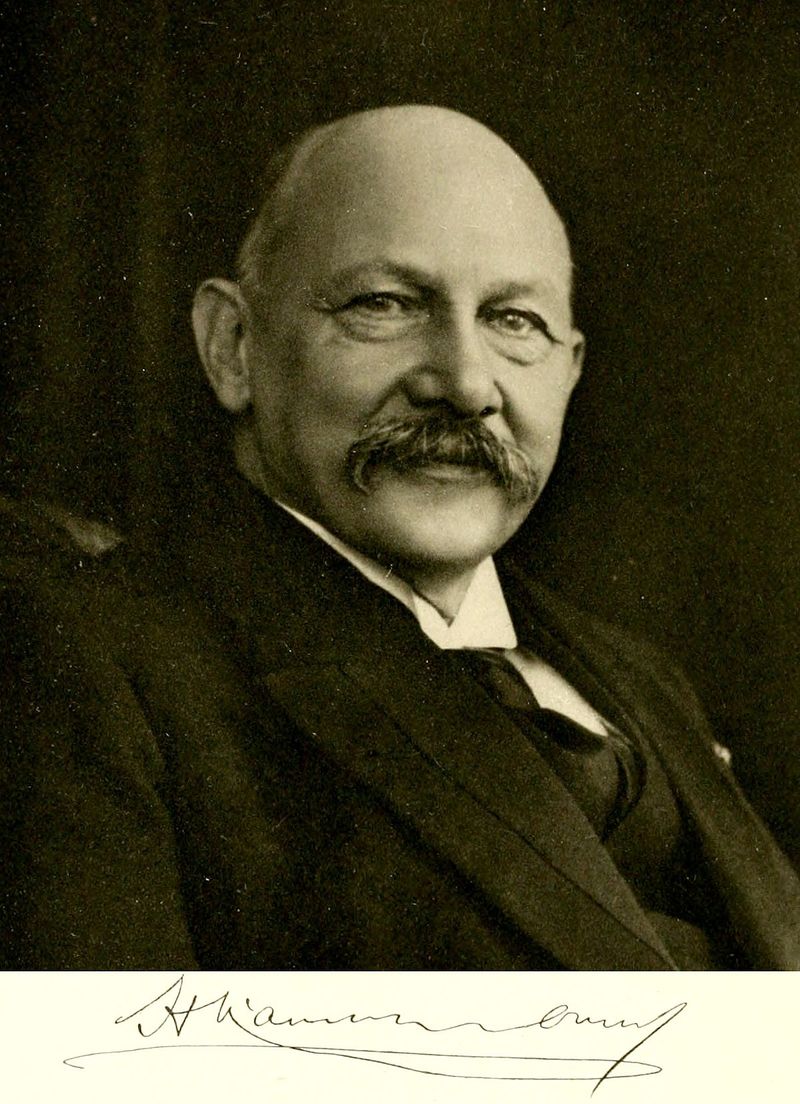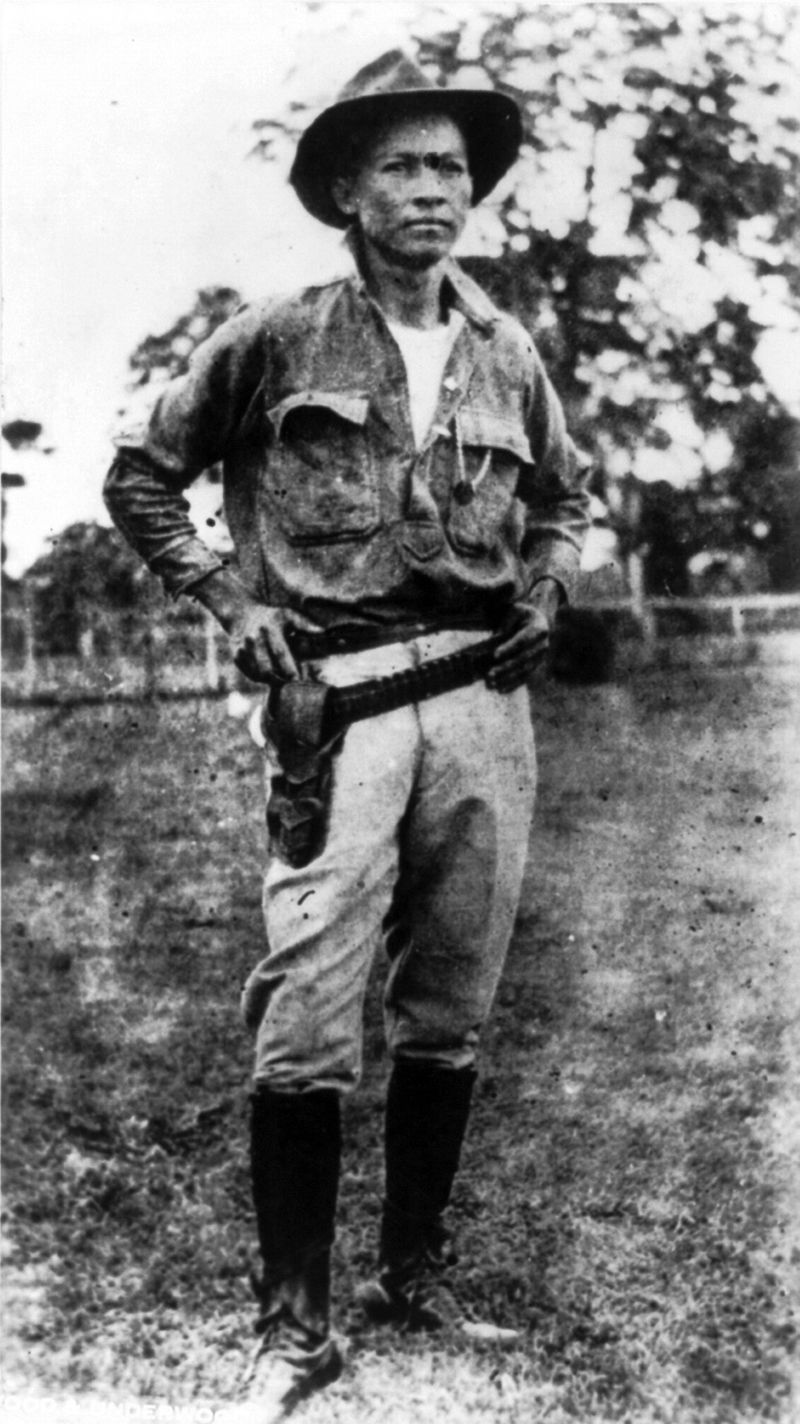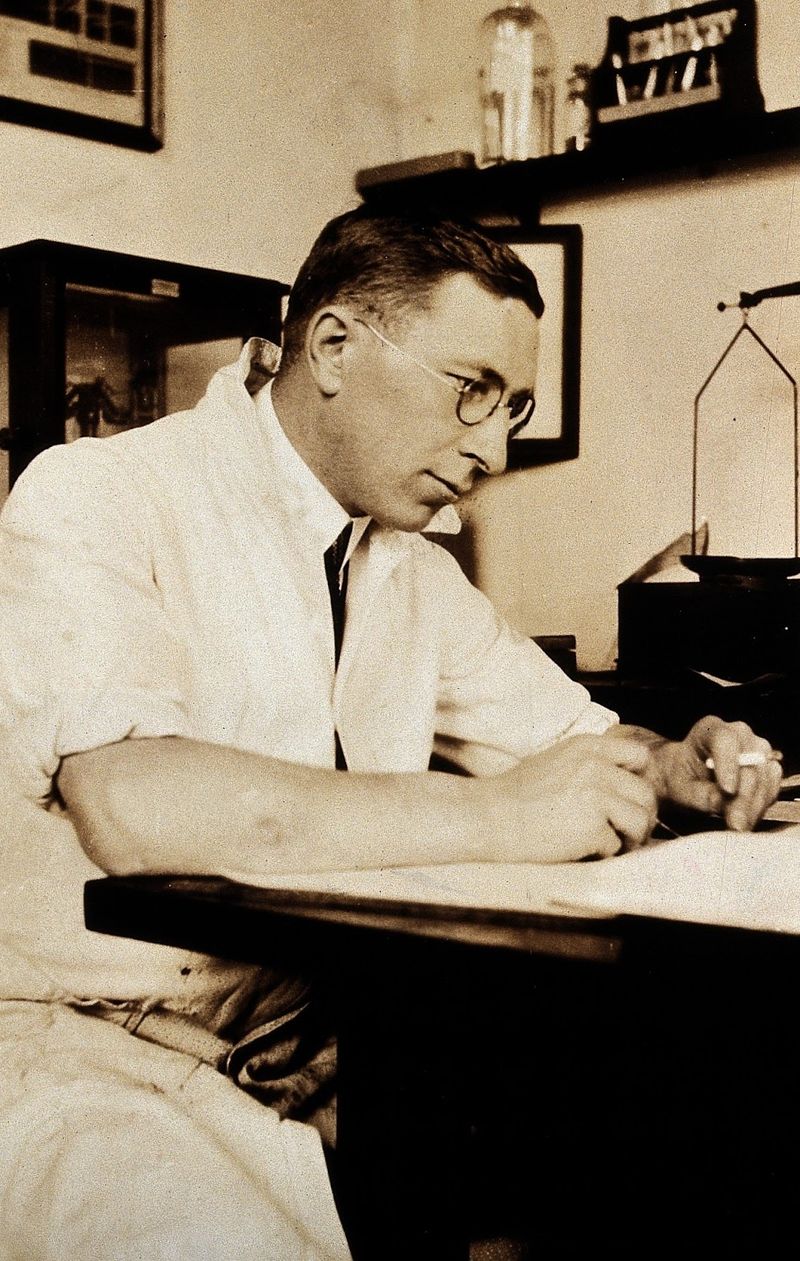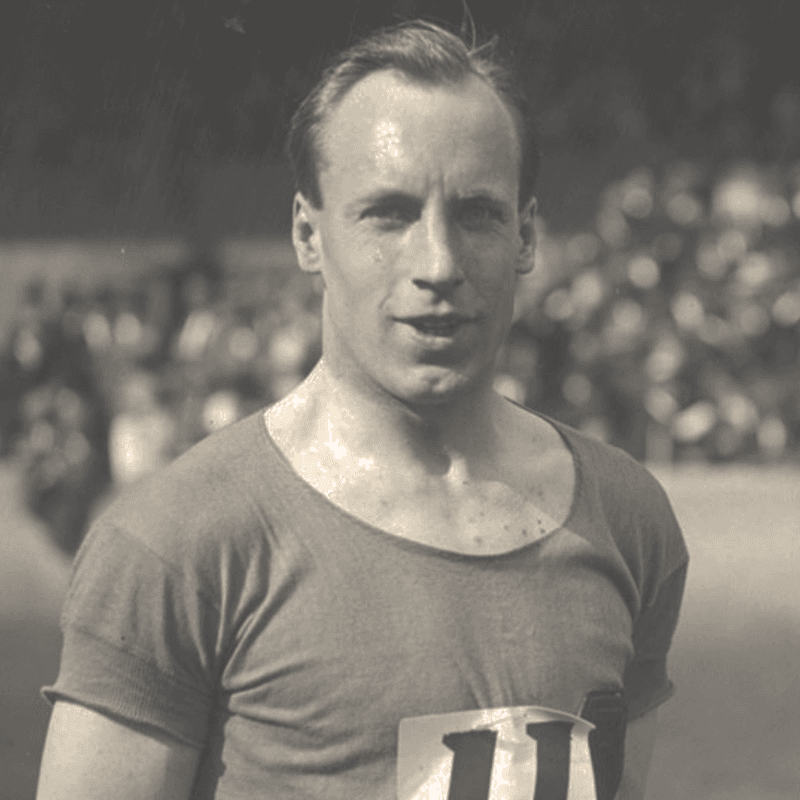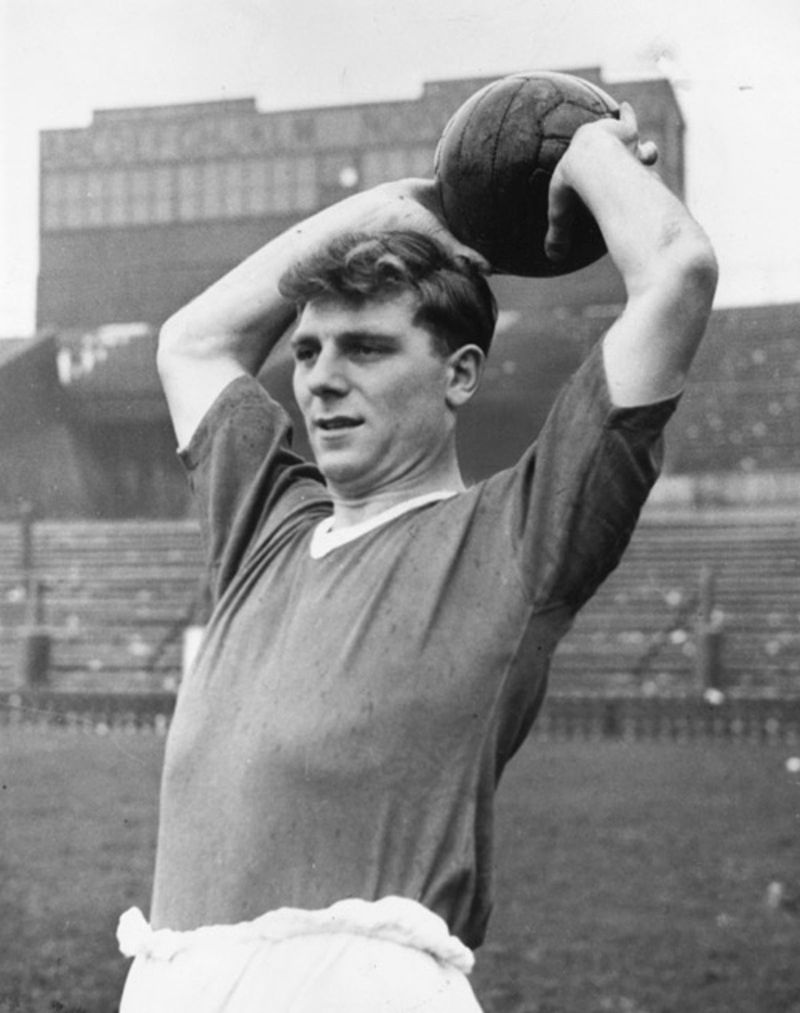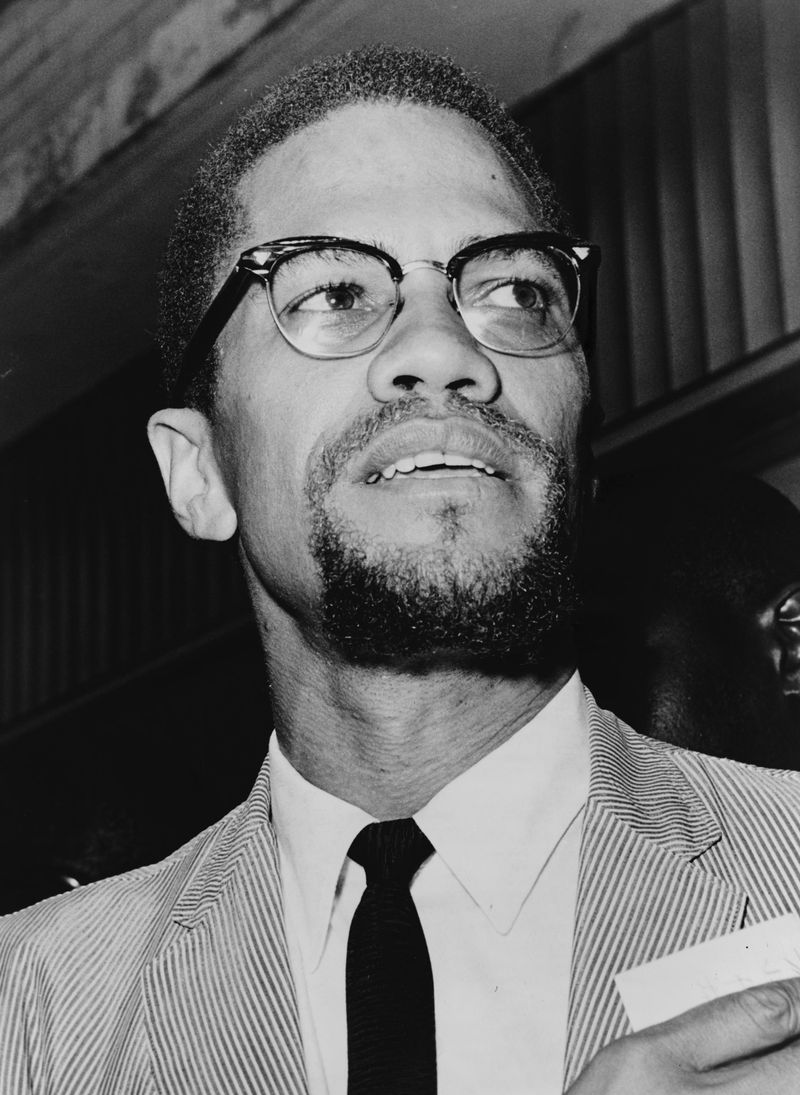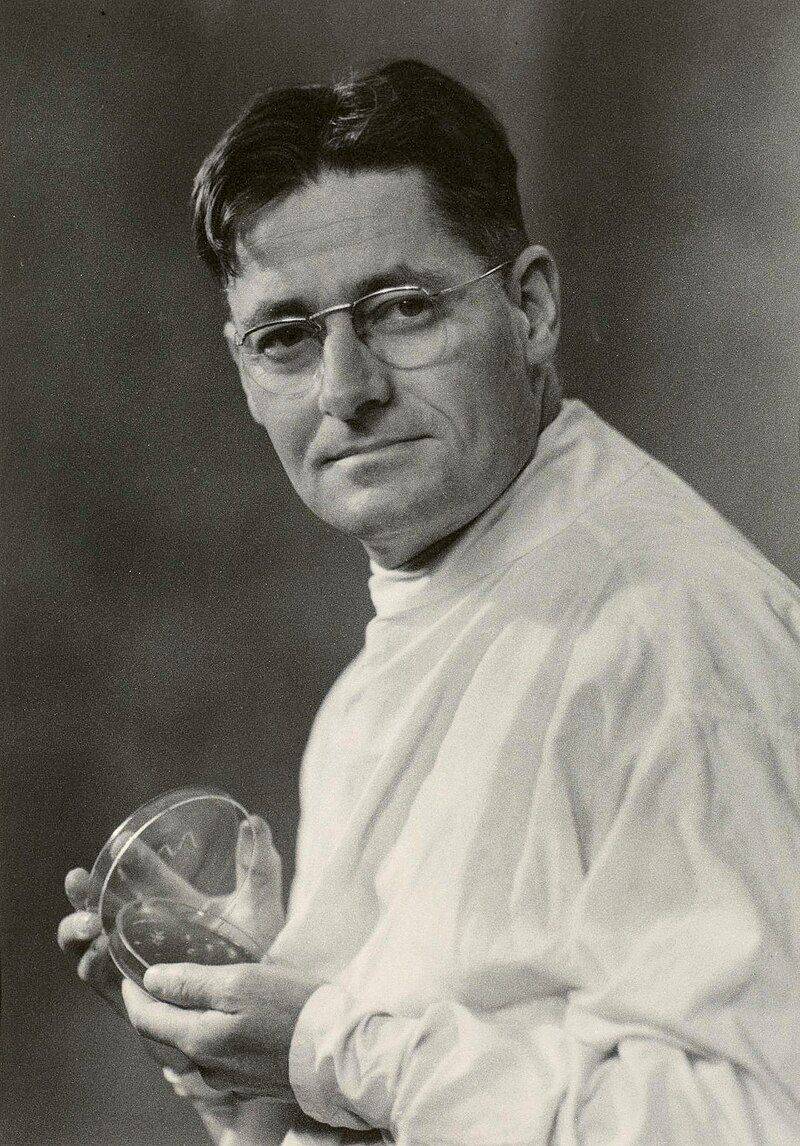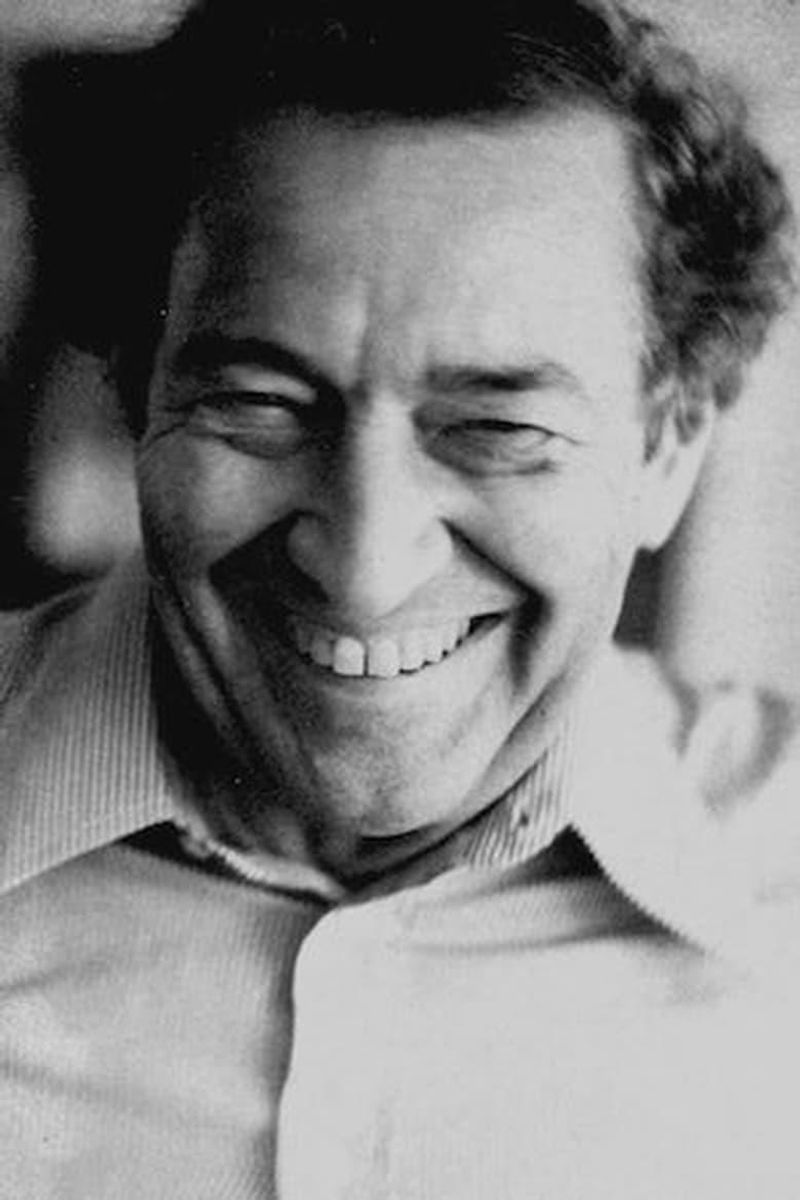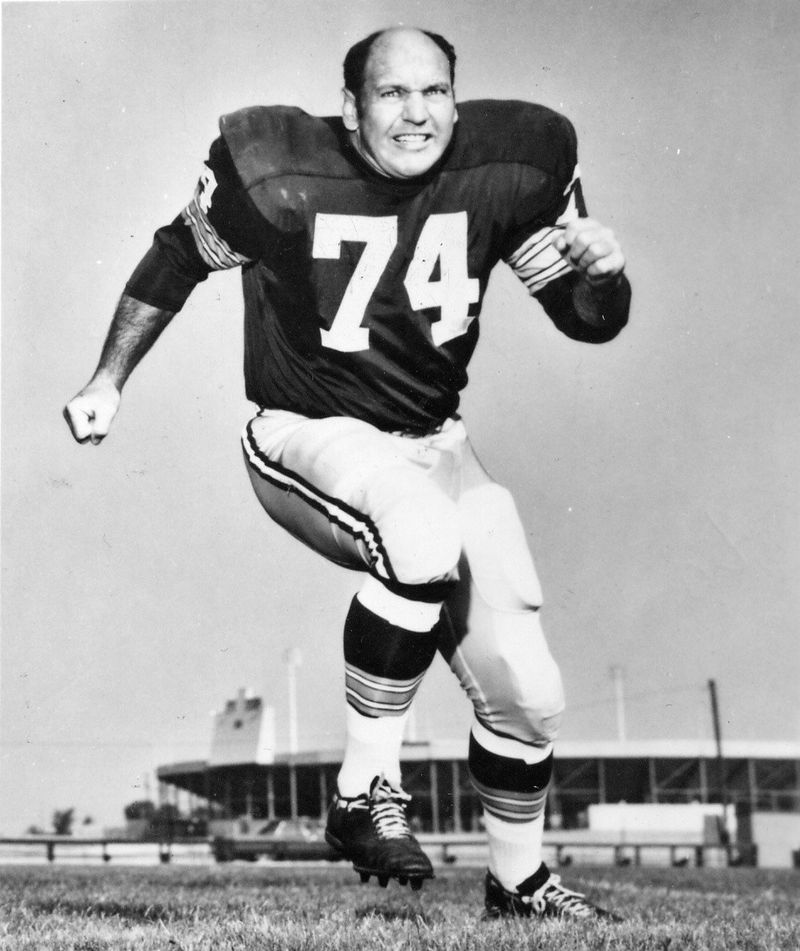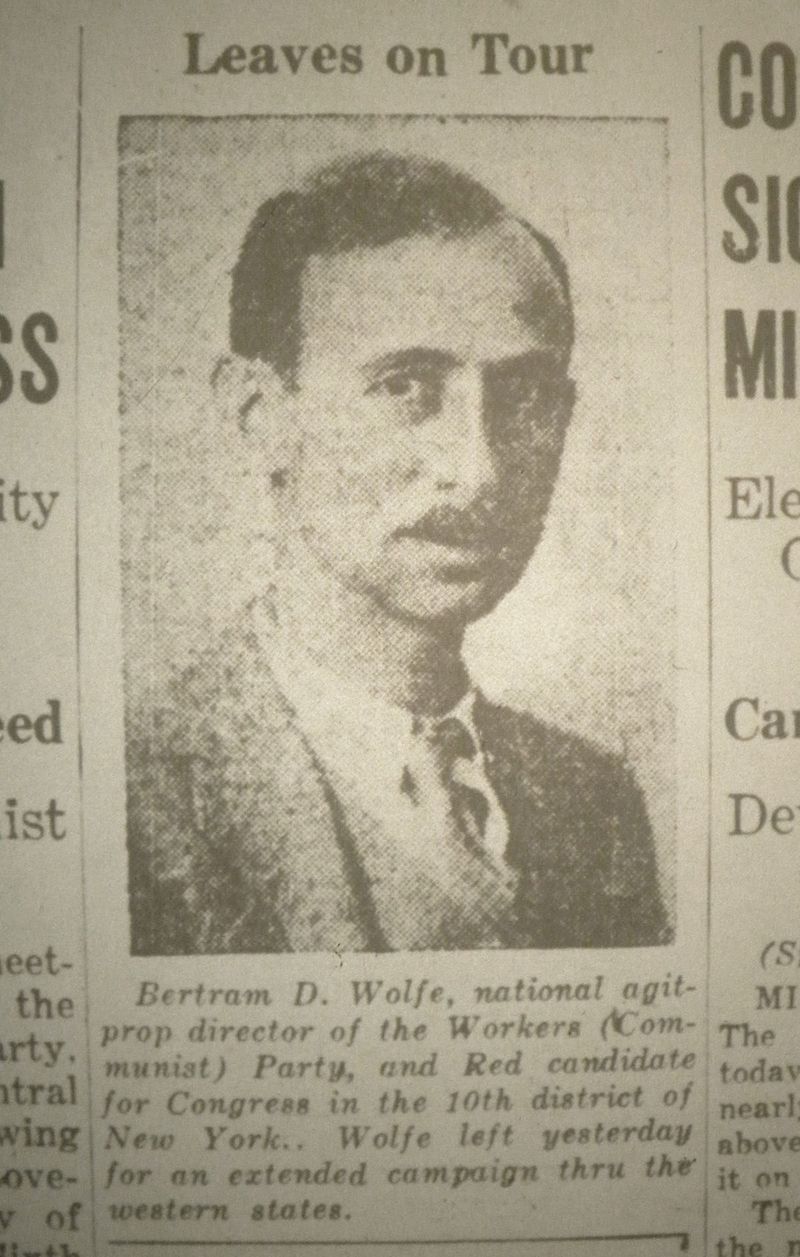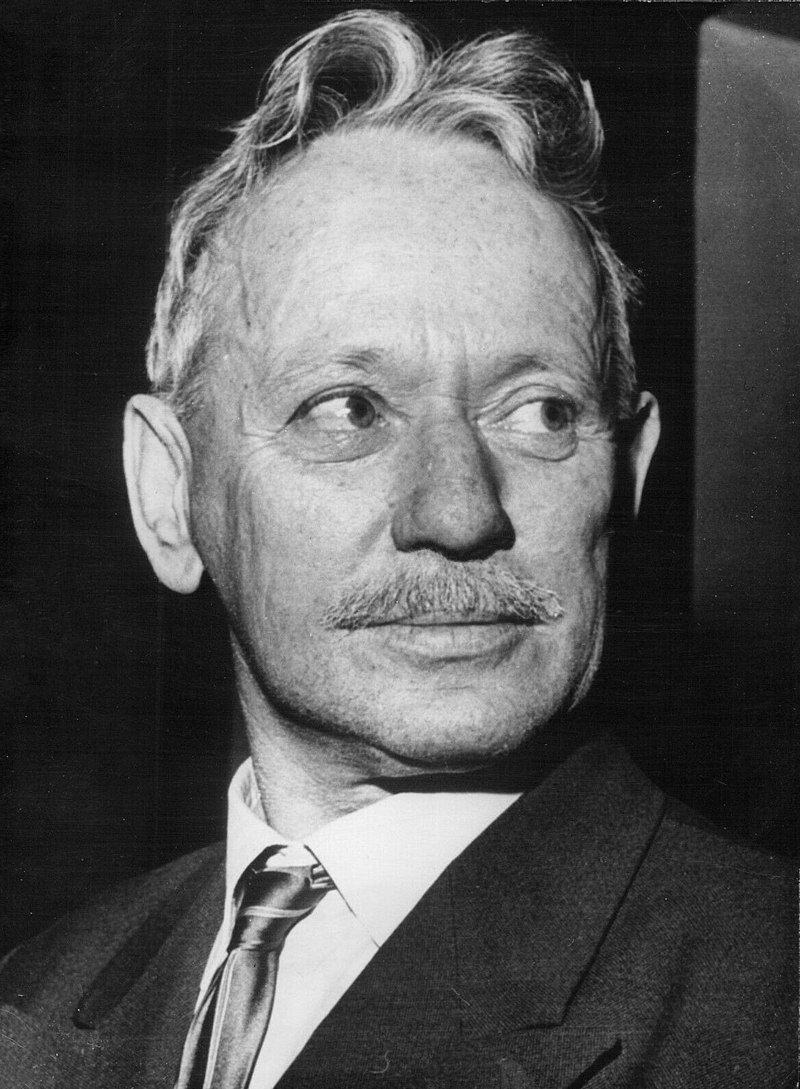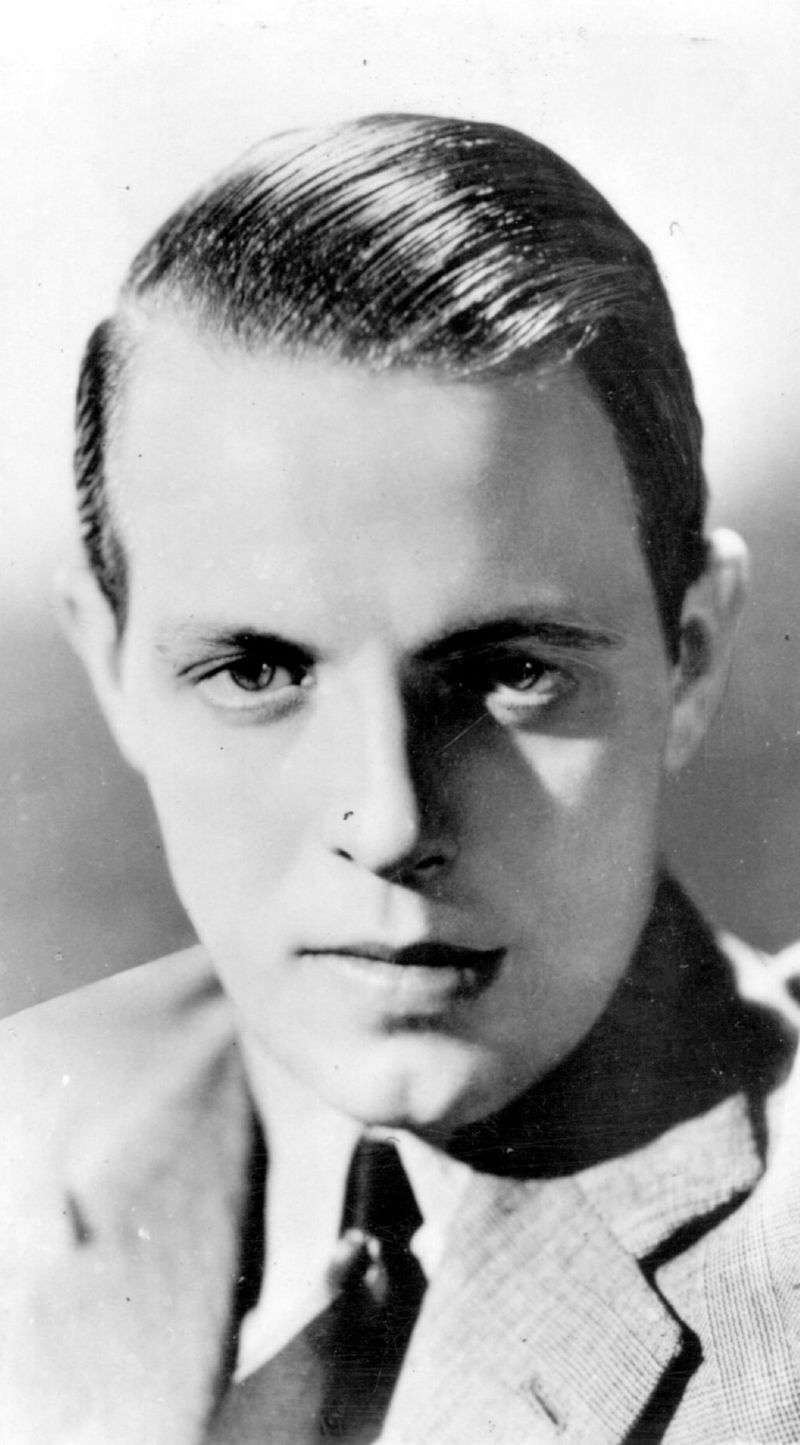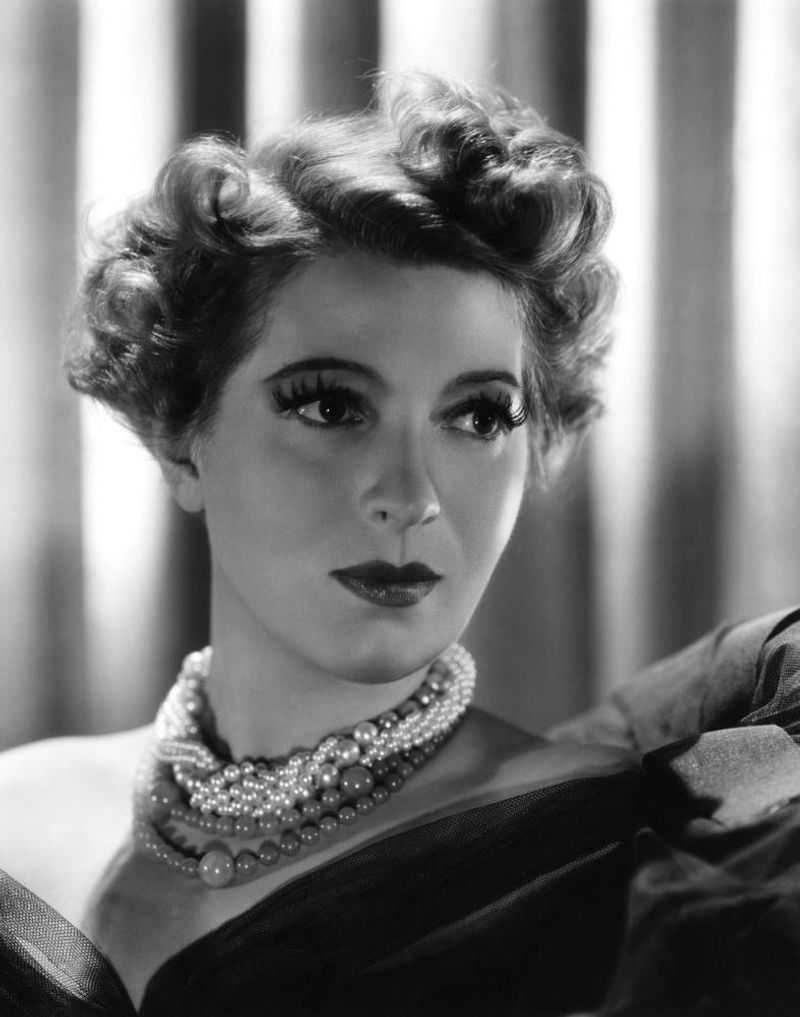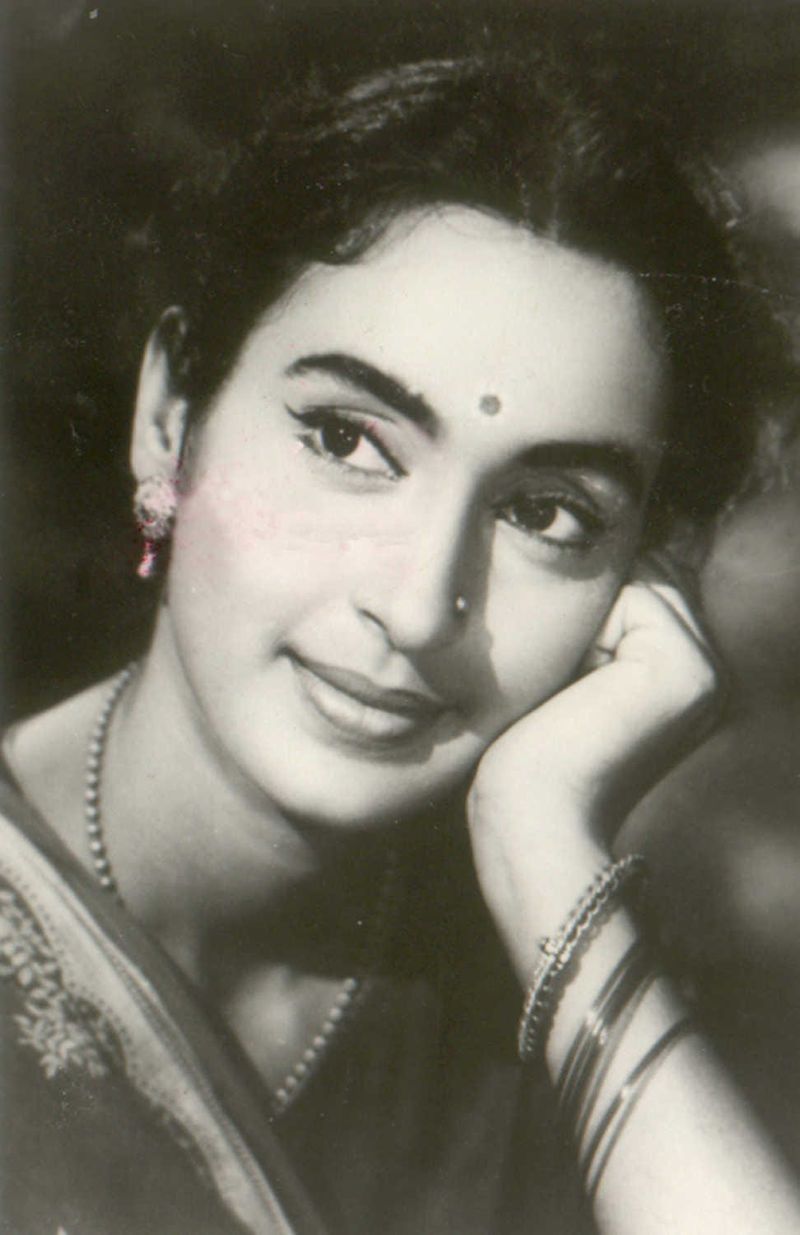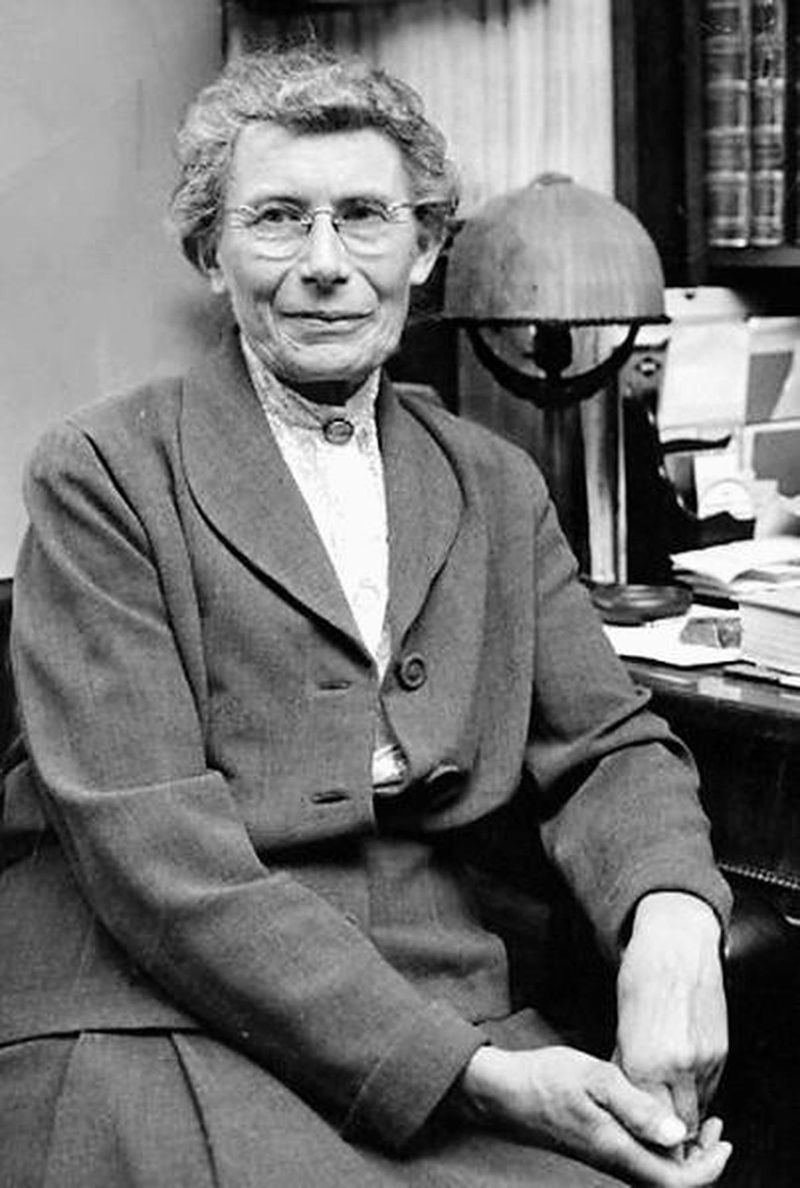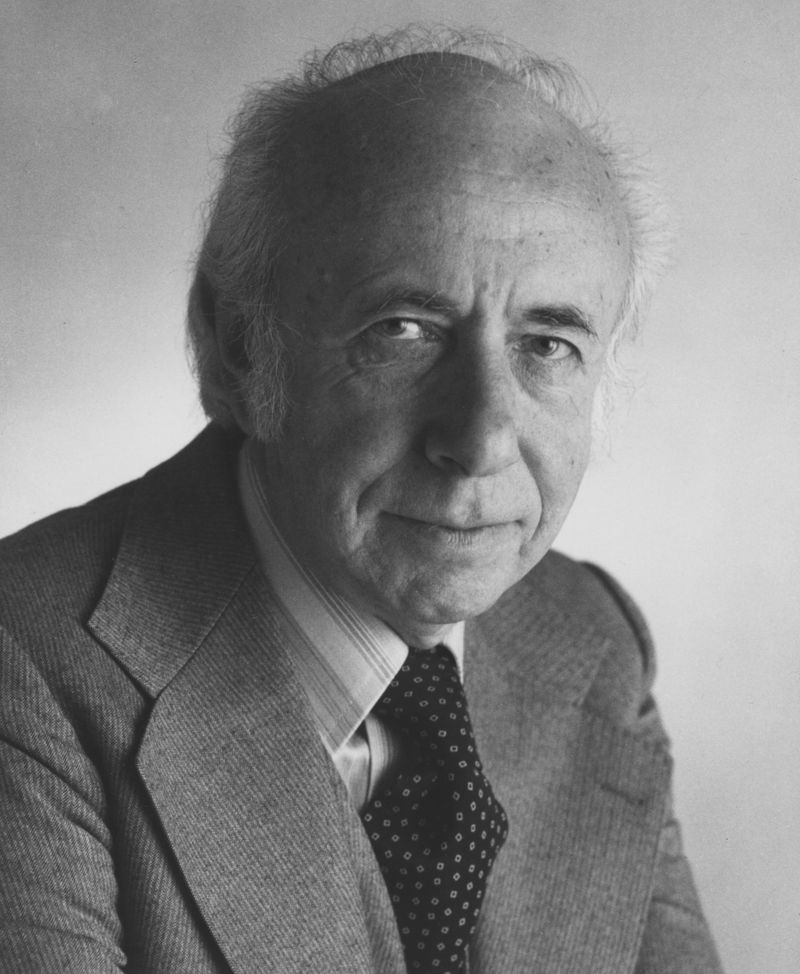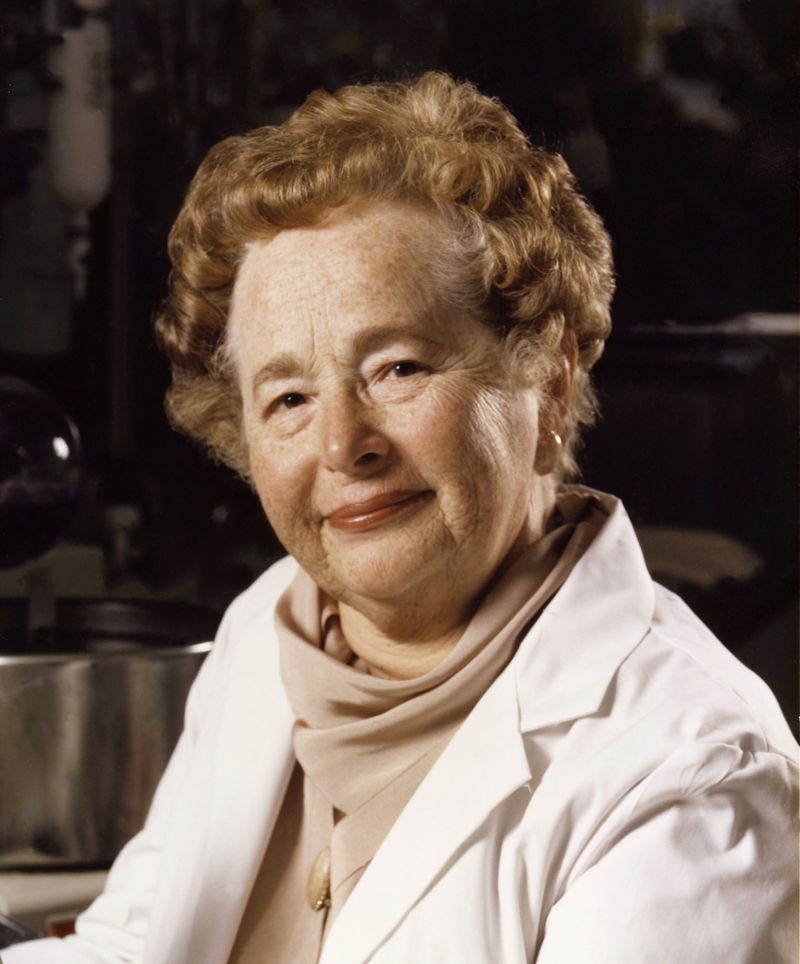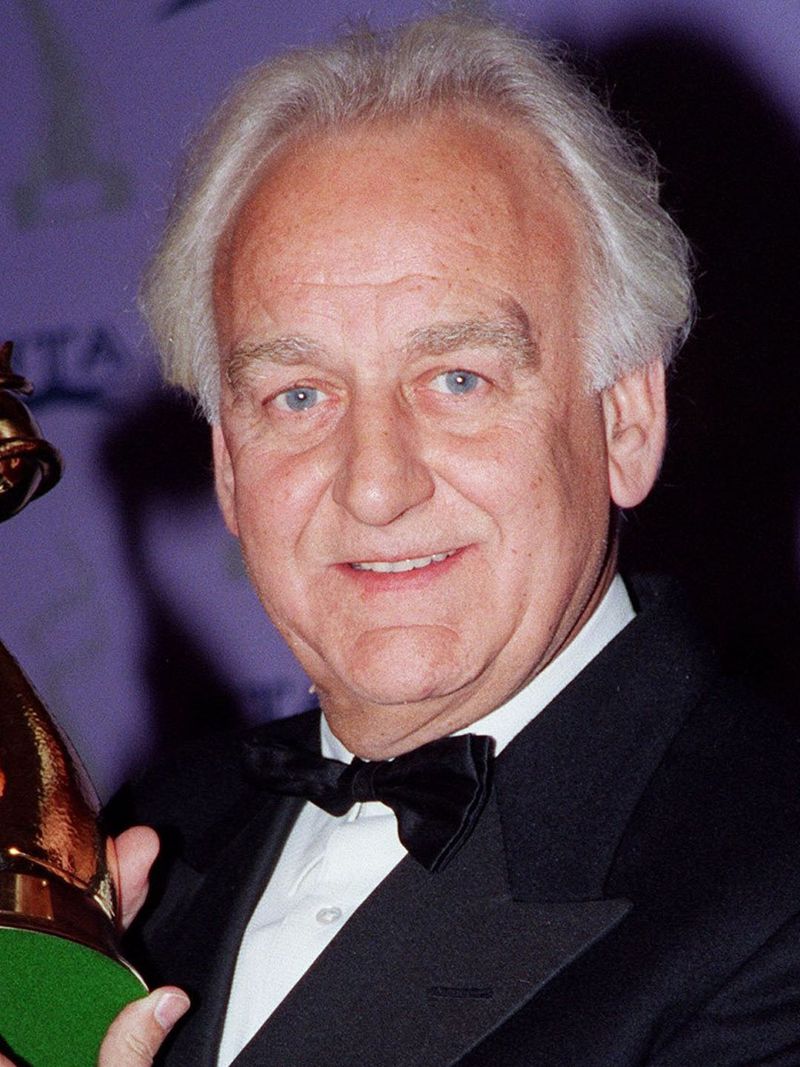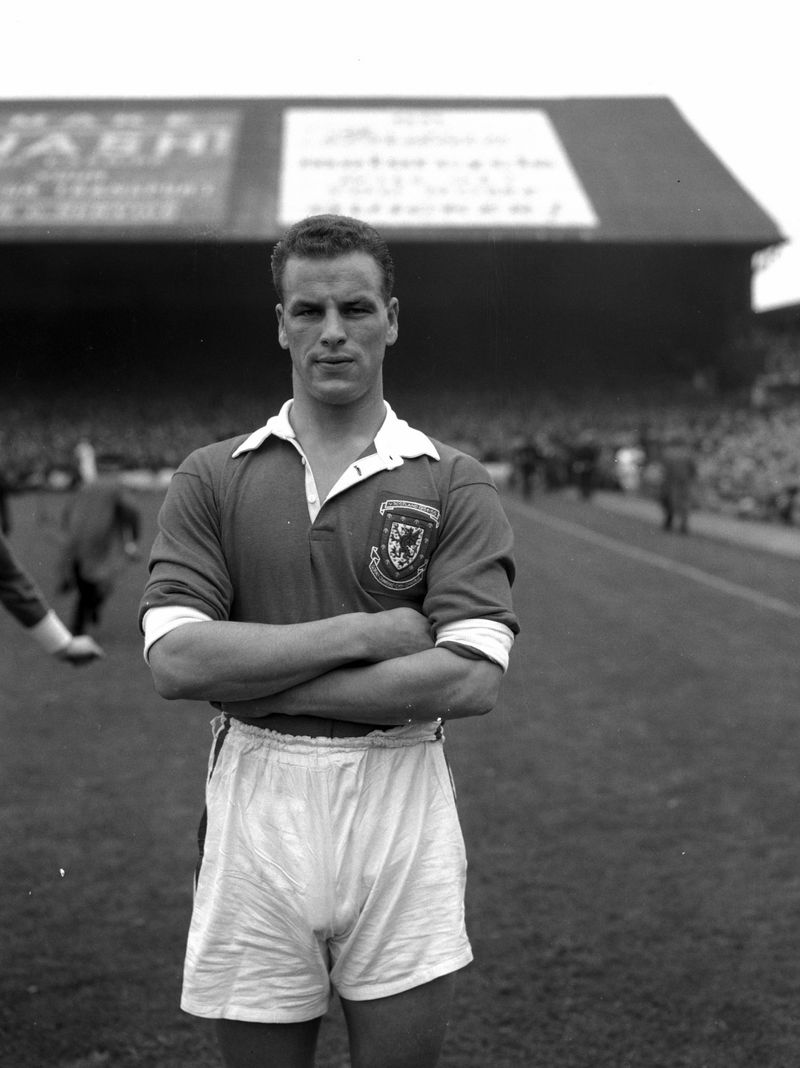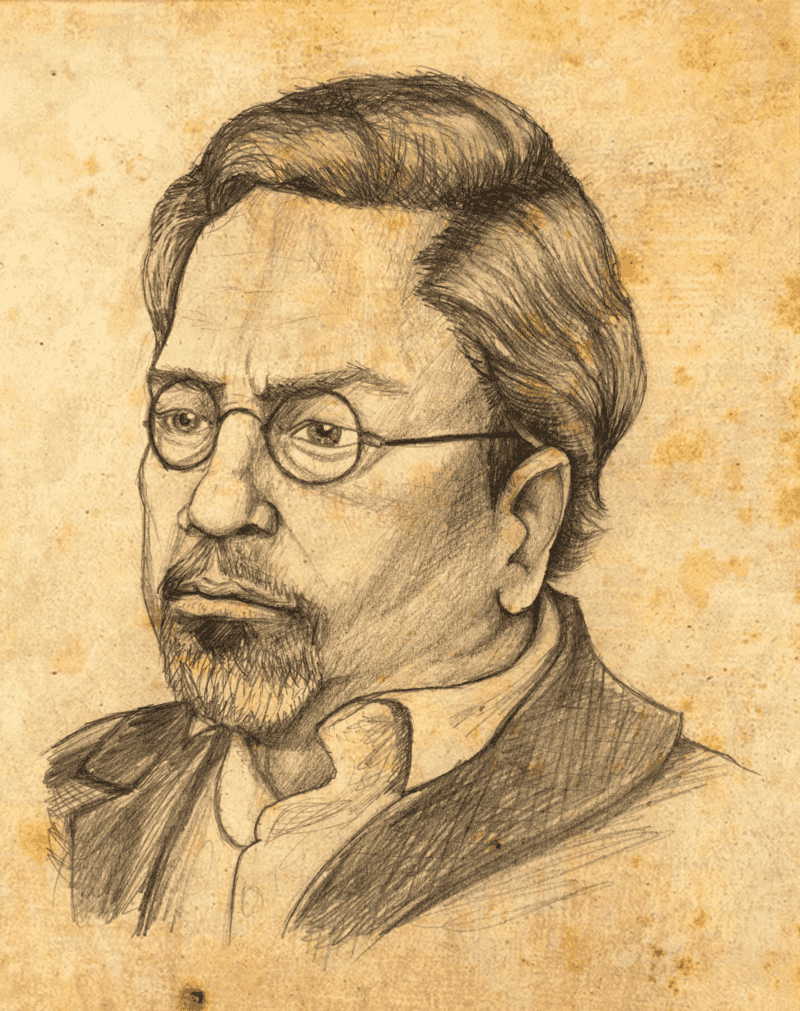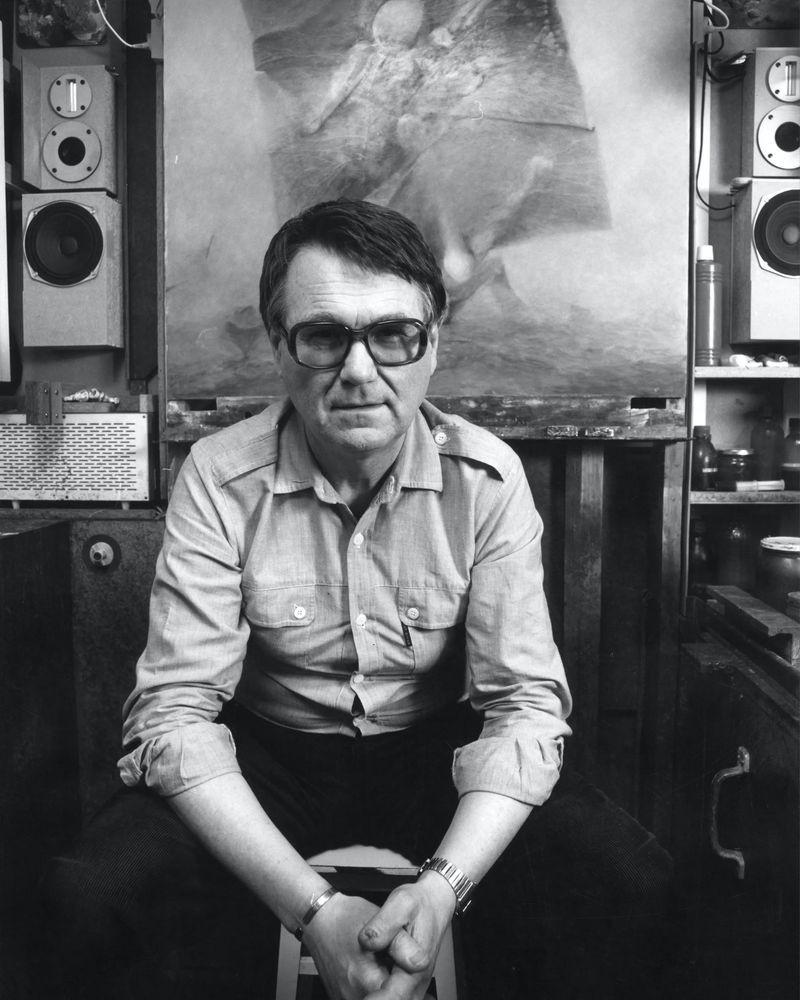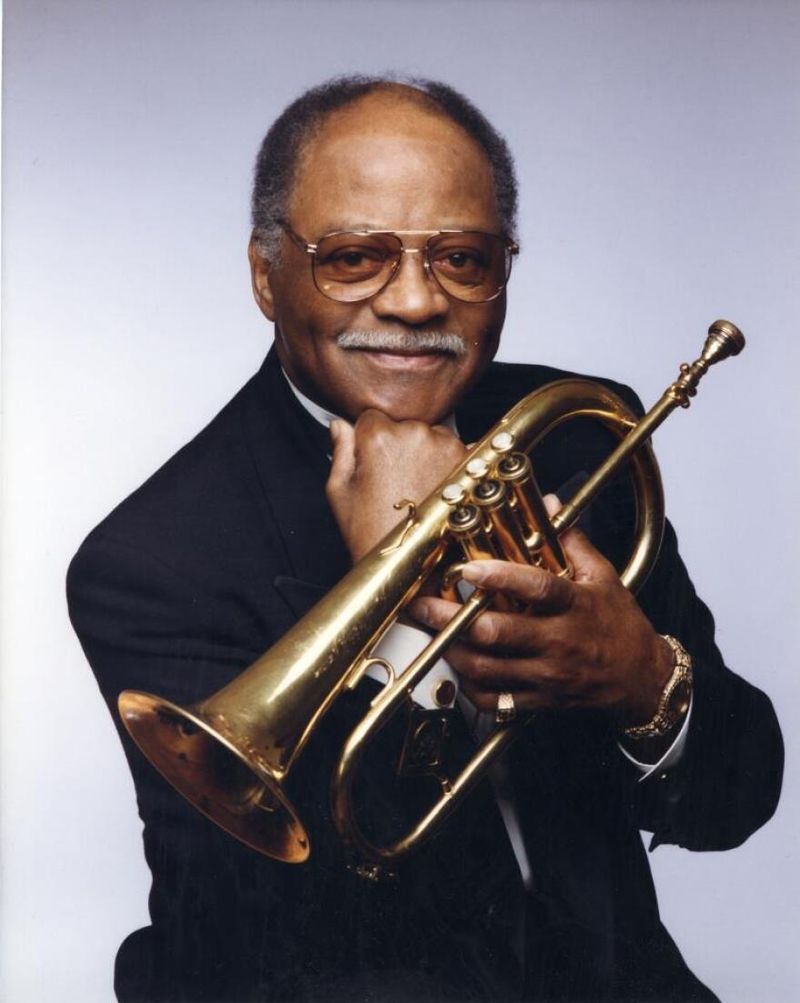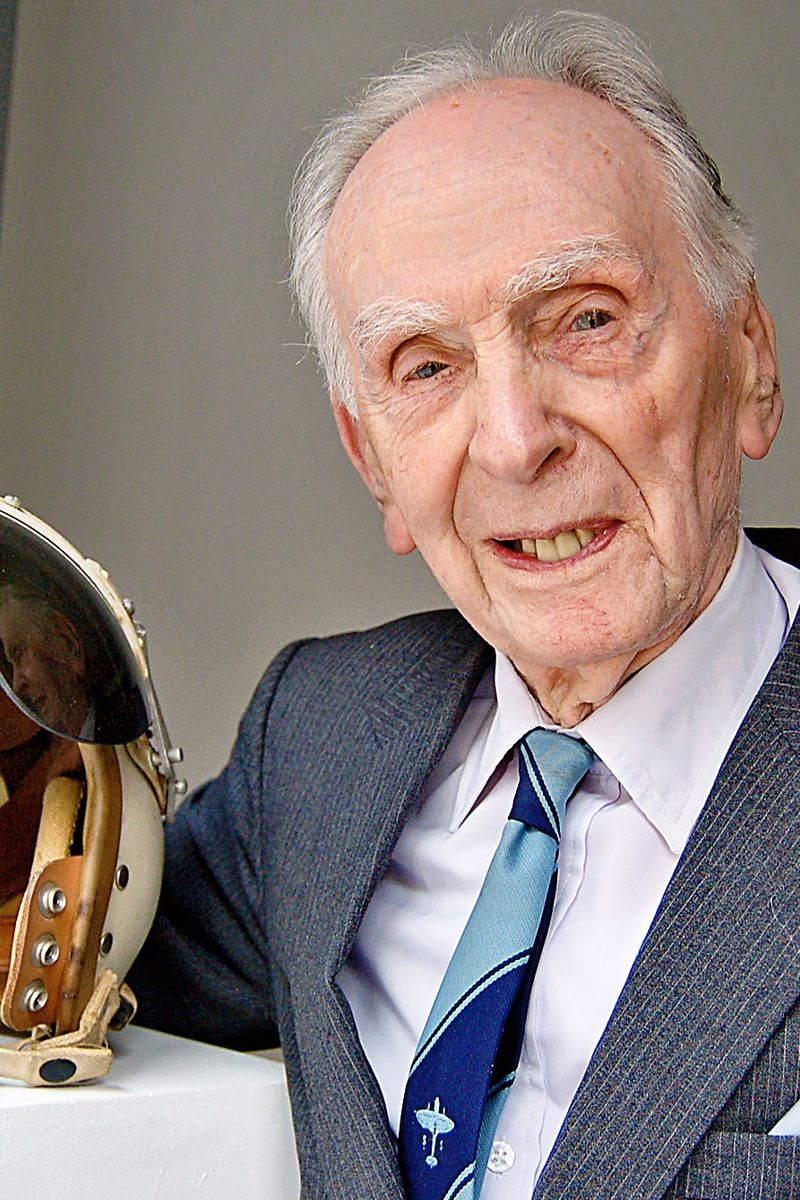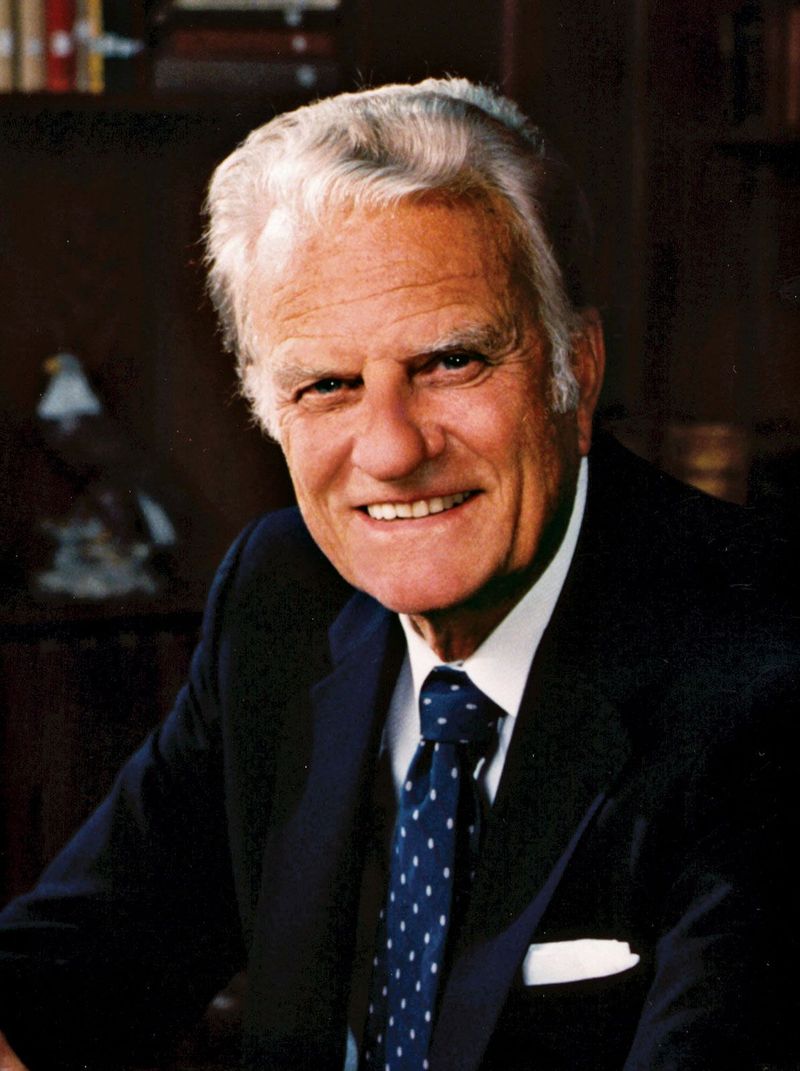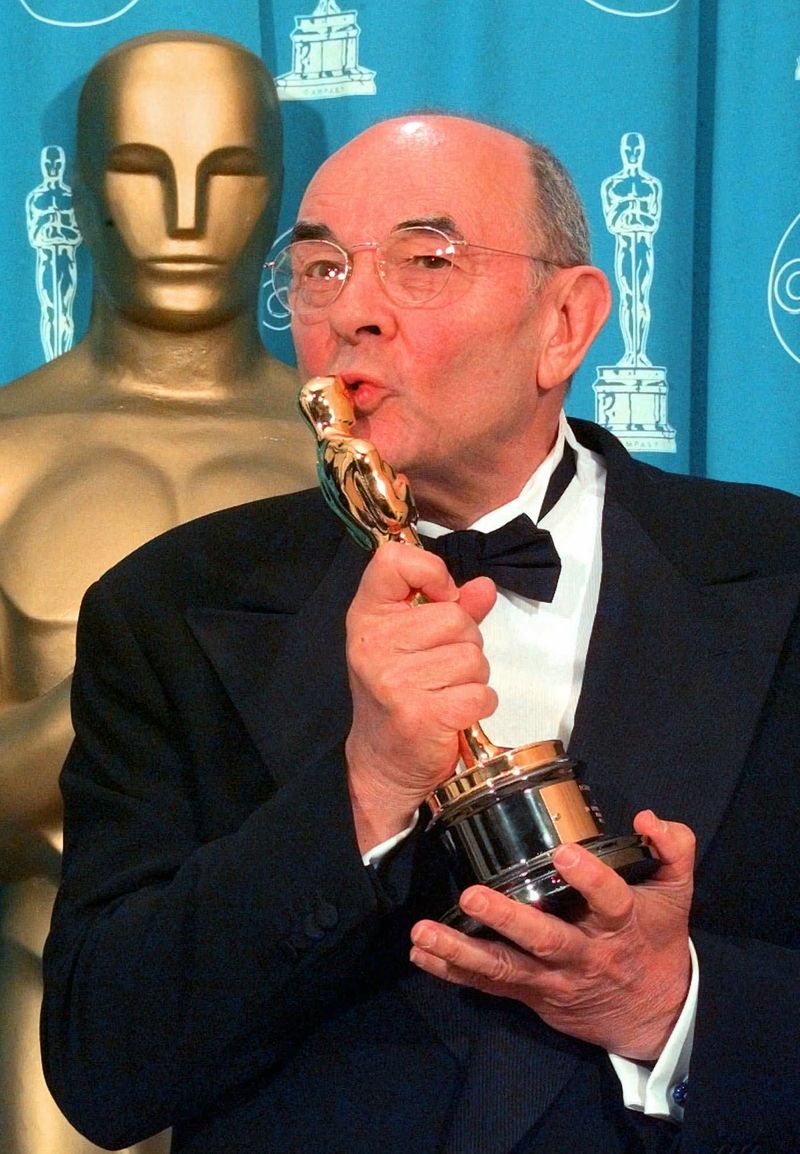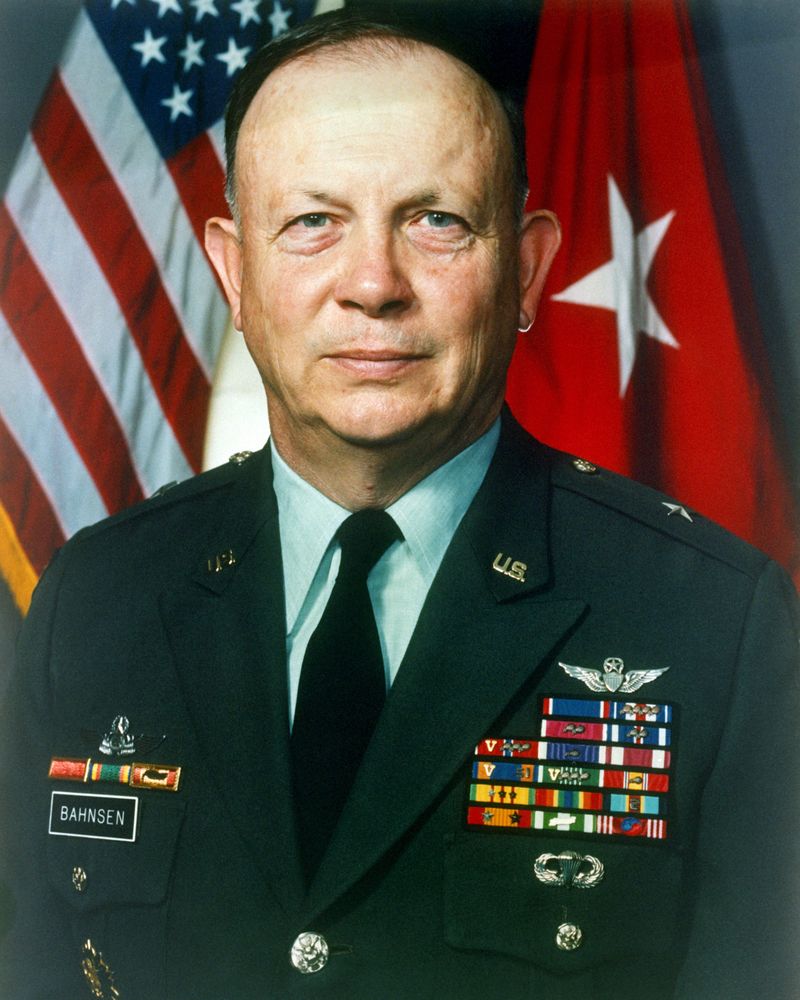Throughout history, February 21 has marked the passing of numerous notable figures. From influential leaders and groundbreaking scientists to celebrated artists and courageous activists, this date echoes with the stories of these remarkable individuals.
Below are 36 such figures, each leaving a distinct imprint on their respective fields and the world.
1. Gaius Caesar, Roman consul and grandson of Augustus (4 AD)
Gaius Caesar, a prominent Roman consul, was born into the power of the Julian dynasty. As Augustus’s grandson, he was groomed for leadership, embodying Rome’s illustrious traditions. His tenure as consul highlighted the continuity of Augustus’s lineage.
Despite his young age, Gaius was a symbol of political stability in a rapidly expanding empire. His sudden death at 24 left a void in Rome’s future leadership.
The impact of his loss lingered, affecting the empire’s succession plans. His legacy remains a testament to the unpredictable nature of power in ancient Rome.
2. Minamoto no Yoshinaka, Japanese shōgun (1184)
Minamoto no Yoshinaka was a formidable shōgun during Japan’s tumultuous late-12th century. Known for his military prowess, Yoshinaka became a key figure in the Genpei War, fighting for control over Japan.
His strategic acumen won significant victories, elevating his status among the samurai elite.
However, political intrigue and fierce rivalries marked his downfall. In 1184, he was betrayed by his cousin Yoshitsune, leading to his defeat.
Yoshinaka’s legacy is one of bravery and ambition, symbolizing the complex interplay of loyalty and power in feudal Japan’s warrior class.
3. James I, King of Scotland (1437)
James I of Scotland was a monarch known for his reformative zeal and literary contributions.
Born into the tumult of 15th-century Scotland, his reign was marked by efforts to consolidate royal authority and improve governance. James was also a patron of the arts, nurturing Scotland’s cultural landscape.
His assassination in 1437 was a result of political factions and unrest. James’s policies laid the groundwork for future stability, but his untimely death underscored the perils faced by reformist rulers.
His life and reign are remembered for their blend of visionary leadership and the harsh realities of medieval politics.
4. Pope Julius II, Italian Pope and patron of the arts (1513)
Pope Julius II, known as the ‘Warrior Pope,’ was pivotal in the Catholic Church’s renaissance.
Ascending in 1503, his papacy was marked by ambitious projects, including commissioning the Sistine Chapel’s ceiling by Michelangelo. Julius was a patron of the arts, driving the church’s cultural revival.
His leadership was not without conflict; military campaigns expanded the Papal States’ influence. Despite controversies, Julius’s impact on the church and European art is profound.
His death in 1513 ended an era of ecclesiastical power and artistic achievement, leaving a lasting legacy on both the church and the artistic heritage of the Renaissance.
5. Baruch Spinoza, Dutch philosopher (1677)
Baruch Spinoza was a pioneering thinker whose ideas challenged 17th-century philosophical norms. Known for his work ‘Ethics,’ he explored concepts of God, nature, and human happiness.
Spinoza’s work laid foundational elements for Enlightenment thinking, influencing generations of philosophers.
Despite facing excommunication for his radical views, Spinoza remained steadfast in his pursuit of truth. His commitment to reason over dogma earned him posthumous recognition as one of philosophy’s greatest minds.
Spinoza’s legacy continues to inspire those seeking to understand the relationship between the divine, nature, and humanity.
6. Pope Benedict XIII, Head of the Catholic Church (1730)
Pope Benedict XIII led the Catholic Church during a time of theological and political challenges. Born Pier Francesco Orsini, his papacy focused on maintaining doctrinal purity and clerical discipline. Benedict’s leadership was characterized by simplicity and a deep commitment to spiritual integrity.
Despite internal church conflicts and external pressures, he remained dedicated to his pastoral duties. His death in 1730 marked the end of a papacy devoted to faith and reform.
Benedict XIII’s legacy is remembered for its emphasis on spirituality and the challenges of maintaining church unity in a complex world.
7. Eugène de Beauharnais, French general (1824)
Eugène de Beauharnais was a distinguished French general during the Napoleonic Wars. As the stepson of Napoleon Bonaparte, he played a crucial role in several military campaigns, demonstrating loyalty and strategic acumen. Eugène’s service earned him the title of Viceroy of Italy.
His leadership extended beyond the battlefield, influencing the political landscape of post-revolutionary Europe. After Napoleon’s fall, Eugène retired to a quieter life, yet his legacy as a capable leader endures.
His contributions to the Napoleonic era reflect the complexities of loyalty and leadership in a time of turbulent change.
8. Kittur Chennamma, Indian queen and freedom fighter (1829)
Kittur Chennamma was an iconic queen and freedom fighter in early 19th-century India. As the ruler of Kittur, she led a valiant resistance against British colonial forces, earning her a place in history as a symbol of defiance.
Her leadership and courage inspired future generations in India’s struggle for independence.
Despite facing insurmountable odds, Chennamma’s determination and strategic insight were pivotal in her battles.
Though eventually captured, her legacy as a warrior queen endures, celebrated in Indian folklore and history. Chennamma’s life exemplifies bravery and the quest for freedom against colonial oppression.
9. Emperor Ninkō, Japanese emperor (1846)
Emperor Ninkō reigned during a period of significant change in early 19th-century Japan.
As a traditionalist, he upheld the spiritual and cultural values of the imperial lineage amidst growing external pressures. Ninkō’s reign saw internal reforms aimed at strengthening the imperial institution.
His leadership emphasized the sacred role of the emperor in Japanese society, balancing tradition with the need for adaptation.
Ninkō’s death in 1846 preceded the transformative Meiji Restoration. His reign is remembered for its dedication to preserving Japan’s heritage while navigating the challenges of an evolving world.
10. Heike Kamerlingh Onnes, Dutch physicist and Nobel laureate (1926)
Heike Kamerlingh Onnes was a pioneering Dutch physicist whose groundbreaking work on low-temperature physics earned him the Nobel Prize in 1913.
Known for his discovery of superconductivity, Onnes’s research opened new frontiers in understanding matter at near absolute zero.
His experiments with liquid helium revolutionized the study of thermodynamics and materials science. Despite the challenges of the era, Onnes’s dedication to scientific exploration was unwavering.
His legacy in physics is profound, laying the groundwork for many technological advancements in cryogenics and superconductivity that continue to influence modern science.
11. Augusto César Sandino, Nicaraguan revolutionary leader (1934)
Augusto César Sandino was a charismatic Nicaraguan revolutionary leader known for his resistance against U.S. military intervention in the 1920s and 1930s. Sandino’s leadership of a guerrilla campaign symbolized national sovereignty and anti-imperialism.
His commitment to social justice and independence galvanized support among the rural populace. Despite his assassination in 1934, Sandino’s ideals continued to inspire future movements, notably the Sandinista revolution in the late 20th century.
Sandino remains a national hero in Nicaragua, his legacy a testament to the enduring struggle for self-determination and justice against overwhelming odds.
12. Frederick Banting, Canadian physician and Nobel laureate (1941)
Frederick Banting, a renowned Canadian physician, co-discovered insulin, transforming diabetes treatment. His groundbreaking work, conducted alongside Charles Best in the early 1920s, earned him the Nobel Prize in Medicine, recognizing his contribution to saving countless lives.
Banting’s research was driven by compassion and a relentless pursuit of medical innovation. He faced numerous challenges in isolating insulin, yet his perseverance redefined endocrinology and patient care.
Banting’s legacy extends beyond medicine, symbolizing the potential of scientific inquiry to alleviate human suffering and improve quality of life for millions worldwide.
13. Eric Liddell, Scottish athlete and missionary (1945)
Eric Liddell, celebrated as the ‘Flying Scotsman,’ was an Olympic champion and Christian missionary. His victory in the 1924 Paris Olympics 400 meters brought him international fame, renowned for his unorthodox running style and unwavering faith.
Liddell’s life transcended athletics; he dedicated himself to missionary work in China, embodying his deep spiritual convictions.
During World War II, he was interned in a Japanese camp, where his selflessness and leadership shone. Liddell’s untimely death in 1945 marked the loss of a true humanitarian. His story of faith, perseverance, and service continues to inspire across generations.
14. Duncan Edwards, English footballer (1958)
Duncan Edwards was a prodigious talent in English football, renowned for his versatility and strength on the field. As a key player for Manchester United and the England national team, his skill and dedication were unmatched.
Tragically, his promising career was cut short in the Munich air disaster of 1958, which shocked the world. Edwards, only 21, was among the ‘Busby Babes,’ a group of young players destined for greatness.
His legacy lives on in the annals of football history, a reminder of his extraordinary potential and the profound impact he had in such a short time.
15. Malcolm X, American civil rights activist (1965)
Malcolm X was a seminal figure in the American civil rights movement, known for his advocacy for Black empowerment and justice. His eloquent speeches and writings challenged systemic racism and inspired a generation to fight for equality.
Initially a leading voice in the Nation of Islam, Malcolm’s views evolved towards broader human rights before his assassination in 1965.
His legacy as a fearless advocate for change continues to resonate, influencing both the civil rights landscape and the global conversation on race, justice, and human dignity. Malcolm’s life remains a powerful testament to courage and transformation.
16. Howard Florey, Australian pathologist and Nobel laureate (1968)
Howard Florey was an Australian pathologist whose work in developing penicillin revolutionized medicine. Collaborating with Ernst Chain and Alexander Fleming, Florey played a critical role in transforming penicillin into a mass-produced antibiotic.
His efforts during World War II saved countless lives, marking a turning point in the treatment of bacterial infections. Florey’s commitment to medical research earned him the Nobel Prize in 1945, recognizing his monumental contribution to global health.
His legacy endures in the ongoing fight against infectious diseases, exemplifying the profound impact of scientific innovation on public health.
17. John Hubley, American animator and director (1977)
John Hubley was a pioneering American animator and director known for his innovative work in animation. His creative vision and storytelling redefined the animation industry, influencing generations of animators.
Hubley’s contributions to animation included classic works like ‘Gerald McBoing-Boing,’ showcasing his unique style and imaginative narratives. Despite industry challenges, he remained committed to artistic expression and quality storytelling.
Hubley’s legacy is celebrated for its impact on animation as an art form, inspiring animators to push boundaries and explore new possibilities. His life and work continue to resonate in the vibrant world of animated film.
18. Henry Jordan, American football player (1977)
Henry Jordan was a legendary American football player, known for his prowess on the field as a defensive tackle. Playing for teams like the Green Bay Packers, Jordan’s career was marked by tenacity and skill.
His contributions to the game were recognized with numerous accolades, including induction into the Pro Football Hall of Fame. Despite the physical demands of football, Jordan’s passion and determination defined his career.
His legacy continues to inspire football players and fans, embodying the spirit of athleticism and team spirit. Jordan’s life is celebrated for his contributions to American sports.
19. Bertram Wolfe, American political scholar (1977)
Bertram Wolfe was a distinguished American political scholar known for his expertise in Soviet studies and communist theory. His insightful analyses and writings provided valuable perspectives on political ideologies and historical events.
Wolfe’s contributions to academia extended beyond his publications, influencing students and scholars worldwide. Despite the complexities of political discourse, his commitment to intellectual rigor and nuanced analysis remained steadfast.
Wolfe’s legacy is one of scholarly excellence, inspiring future generations to explore the intricacies of political history and thought with curiosity and critical thinking.
20. Mikhail Sholokhov, Russian novelist and Nobel laureate (1984)
Mikhail Sholokhov was a celebrated Russian novelist whose works captured the essence of Russian life and history. Best known for ‘And Quiet Flows the Don,’ Sholokhov’s narratives explored themes of war, revolution, and the human condition.
His literary contributions earned him the Nobel Prize in Literature in 1965. Sholokhov’s vivid storytelling and deep empathy for his characters resonated with readers worldwide.
Despite the political complexities of Soviet Russia, his works remain a testament to literary excellence and the enduring power of storytelling to reflect and influence society.
21. Louis Hayward, South African-American actor (1985)
Louis Hayward was a charismatic South African-American actor known for his roles in classic films of the 20th century. His performances in movies like ‘The Man in the Iron Mask’ showcased his versatility and screen presence.
Hayward’s career spanned several decades, earning him acclaim and recognition in the entertainment industry. Despite the challenges of Hollywood, his dedication to his craft and ability to adapt to diverse roles remained constant.
Hayward’s legacy in film is celebrated for its contributions to cinema’s golden era, reminding audiences of the timeless allure of classic storytelling and performance.
22. Ina Claire, American stage and film actress (1985)
Ina Claire was a renowned American stage and film actress celebrated for her wit and elegance. Her performances in Broadway productions and Hollywood films captivated audiences and critics alike.
Claire’s career was marked by her ability to bring complex characters to life with charm and sophistication. Despite the changing dynamics of the entertainment industry, her talent and dedication to the performing arts never waned.
Claire’s legacy endures in the annals of theatre and film history, inspiring actors and audiences with her timeless performances and artistic grace.
23. Nutan, Indian actress (1991)
Nutan was an iconic figure in Indian cinema, known for her exceptional acting talent and grace. Her career spanned multiple decades, with performances that captured the hearts of audiences and critics alike.
Starring in classics like ‘Sujata’ and ‘Bandini,’ Nutan’s versatility and depth brought complex characters to life. Her work paved the way for future generations of actresses, establishing a legacy of excellence.
Despite personal challenges, Nutan’s dedication to her craft never wavered. Her contributions to Bollywood are celebrated as a golden era of Indian film, inspiring countless aspiring actors.
24. Inge Lehmann, Danish seismologist (1993)
Inge Lehmann was a pioneering Danish seismologist who made groundbreaking contributions to our understanding of Earth’s interior. Her discovery of the Earth’s inner core in 1936 revolutionized seismology and geophysics.
Lehmann’s work challenged prevailing scientific theories, earning her recognition and respect in a male-dominated field. Her meticulous research and innovative thinking paved the way for future geological discoveries.
Despite facing gender-based challenges, Lehmann’s career was marked by perseverance and brilliance. Her legacy in the scientific community endures, embodying the power of inquiry and the pursuit of knowledge.
25. Morton Gould, American composer and conductor (1996)
Morton Gould was an influential American composer and conductor known for his innovative compositions and diverse musical style. His work spanned classical, jazz, and popular music, earning him widespread acclaim.
Gould’s compositions were characterized by their originality and ability to blend different musical traditions seamlessly. As a conductor, he led major orchestras with finesse and creativity.
Gould’s contributions to music were recognized with numerous awards, reflecting his impact on the American music scene. His legacy lives on through his compositions, which continue to inspire musicians and audiences alike.
26. Gertrude B. Elion, American biochemist and Nobel laureate (1999)
Gertrude B. Elion was a trailblazing American biochemist whose work in pharmacology revolutionized medicine. Her innovative research led to the development of numerous life-saving drugs, including treatments for leukemia and AIDS.
Elion’s unconventional methods and relentless pursuit of scientific advancement earned her the Nobel Prize in Medicine in 1988. Her contributions to drug discovery have saved countless lives and transformed the pharmaceutical industry.
Elion’s career exemplifies the power of scientific innovation and dedication to improving global health. Her legacy continues to inspire future generations of scientists in the quest for medical breakthroughs.
27. John Thaw, English actor (2002)
John Thaw was a beloved English actor known for his versatility and depth in both television and theatre. His portrayal of Inspector Morse made him a household name and an icon of British television.
Thaw’s career was marked by a wide range of roles, each delivered with authenticity and skill. His ability to connect with audiences through his performances earned him critical acclaim and numerous awards.
Despite personal challenges, Thaw’s dedication to his craft never faltered. His legacy in the performing arts endures, inspiring actors and entertainers with his passion, talent, and commitment.
28. John Charles, Welsh footballer and manager (2004)
John Charles, often hailed as ‘The Gentle Giant,’ was a legendary Welsh footballer and manager known for his extraordinary skill and sportsmanship. His career spanned across clubs like Leeds United and Juventus, where he excelled as both a defender and forward.
Charles’s unique abilities on the field earned him admiration and respect from peers and fans alike. His time in Italy solidified his status as one of the greatest British footballers.
Beyond his athletic prowess, Charles was celebrated for his humility and fair play. His legacy continues to inspire football enthusiasts around the world.
29. Guillermo Cabrera Infante, Cuban author and critic (2005)
Guillermo Cabrera Infante was a celebrated Cuban author and critic known for his innovative narrative style and sharp wit. His works, including ‘Tres Tristes Tigres,’ explored themes of identity and exile with humor and insight.
Infante’s unique voice and literary contributions earned him international acclaim, although his criticism of the Cuban regime led to his exile.
Despite this, his works remain a testament to the power of storytelling and the complexities of cultural identity. Infante’s legacy is one of creativity and resilience, inspiring writers to explore the multifaceted nature of human experience.
30. Zdzisław Beksiński, Polish painter and sculptor (2005)
Zdzisław Beksiński was a pioneering Polish painter and sculptor known for his surreal and dystopian artwork. His imaginative and often haunting pieces captured the complexity of human emotions and existential themes.
Beksiński’s art gained international recognition, marked by its distinct style and profound impact. Despite facing personal tragedies, he remained committed to his creative vision.
His untimely death in 2005 added to the mystique surrounding his work, which continues to captivate and inspire. Beksiński’s legacy is a testament to the transformative power of art and the exploration of the human psyche.
31. Clark Terry, American jazz trumpeter (2015)
Clark Terry was an influential American jazz trumpeter known for his dynamic playing and charismatic presence. His career spanned over seven decades, during which he collaborated with jazz greats like Duke Ellington and Count Basie.
Terry’s unique style and dedication to jazz education earned him a revered place in music history. He was a mentor to many young musicians, spreading his love for jazz through teaching and performance.
Despite health challenges, Terry’s passion for music never waned. His legacy continues to resonate, inspiring new generations of musicians to explore the vibrant world of jazz.
32. Eric Brown, Scottish-English test pilot (2016)
Eric Brown was a legendary Scottish-English test pilot renowned for his extraordinary flying skills and aviation accomplishments. Holding the world record for most aircraft types flown, Brown’s expertise was unparalleled.
His contributions to aviation during and after World War II were instrumental in advancing air technology and safety. Known for his calm demeanor under pressure, Brown’s career was marked by numerous achievements and accolades.
Even in retirement, his passion for aviation remained strong. Brown’s legacy is celebrated in the annals of aviation history, inspiring future pilots and aviation enthusiasts with his remarkable story.
33. Billy Graham, American evangelist (2018)
Billy Graham was a renowned American evangelist whose powerful sermons reached millions worldwide. Known for his charismatic presence and unwavering faith, Graham was a spiritual advisor to numerous U.S. presidents.
His crusades and revivals spread the message of Christianity, impacting countless lives and promoting unity across diverse communities. Graham’s dedication to his ministry and humanitarian efforts left an indelible mark on religious and social landscapes.
His legacy endures through his writings and the continuing influence of his evangelical work, inspiring future generations to pursue a life of faith and compassion.
34. Stanley Donen, American film director (2019)
Stanley Donen was an iconic American film director and choreographer, celebrated for his contributions to Hollywood’s Golden Age. Known for classics like ‘Singin’ in the Rain,’ Donen’s work redefined musical films with innovation and style.
His collaborations with Gene Kelly and other film legends resulted in timeless cinematic masterpieces. Donen’s ability to blend storytelling with visual spectacle set a new standard in filmmaking.
Despite the challenges of an evolving industry, his influence remained profound. Donen’s legacy is a testament to creativity and the transformative power of film, inspiring filmmakers and audiences alike.
35. Peter Tork, American musician and actor (2019)
Peter Tork was a charismatic musician and actor, best known as a member of the iconic 1960s band The Monkees. His talent as a multi-instrumentalist and performer brought joy to fans worldwide.
Tork’s contributions to music and television were marked by creativity and humor. Despite initial skepticism, The Monkees achieved remarkable success, becoming a cultural phenomenon.
Beyond his Monkees fame, Tork pursued solo projects and live performances. His legacy is celebrated for its impact on popular music and entertainment, reminding fans of the enduring power of creativity and collaboration.
36. John Bahnsen, U.S. Army brigadier general (2024)
John Bahnsen was a respected U.S. Army brigadier general known for his leadership and service. His military career spanned several decades, with significant contributions to strategic operations and training.
Bahnsen’s dedication to the armed forces earned him numerous accolades, reflecting his commitment to duty and country. Even in retirement, he remained active in military and veteran communities, offering guidance and support.
Bahnsen’s legacy is one of honor and service, inspiring future military leaders to uphold the values of courage and integrity. His life exemplifies the enduring impact of dedicated military service.
